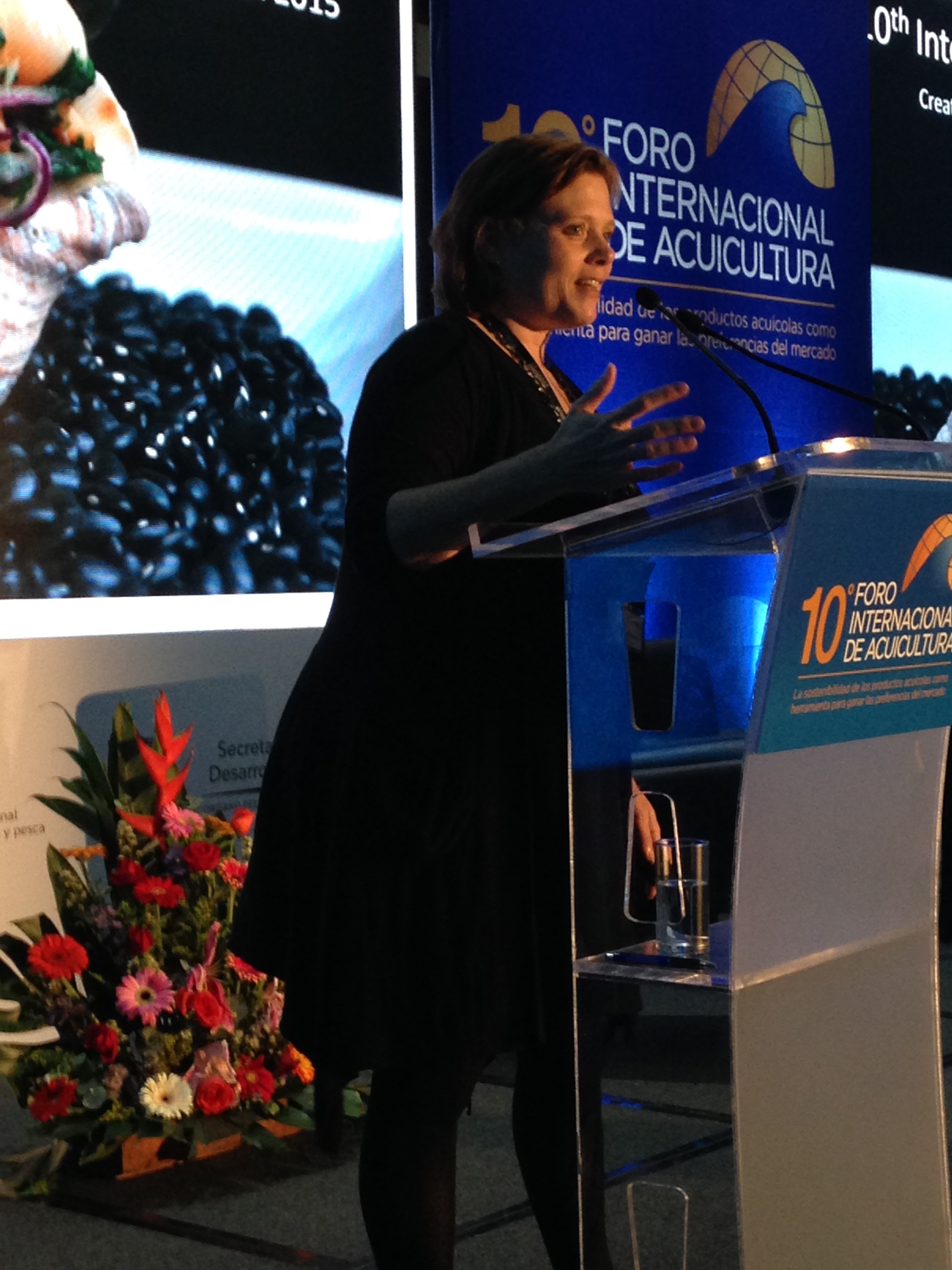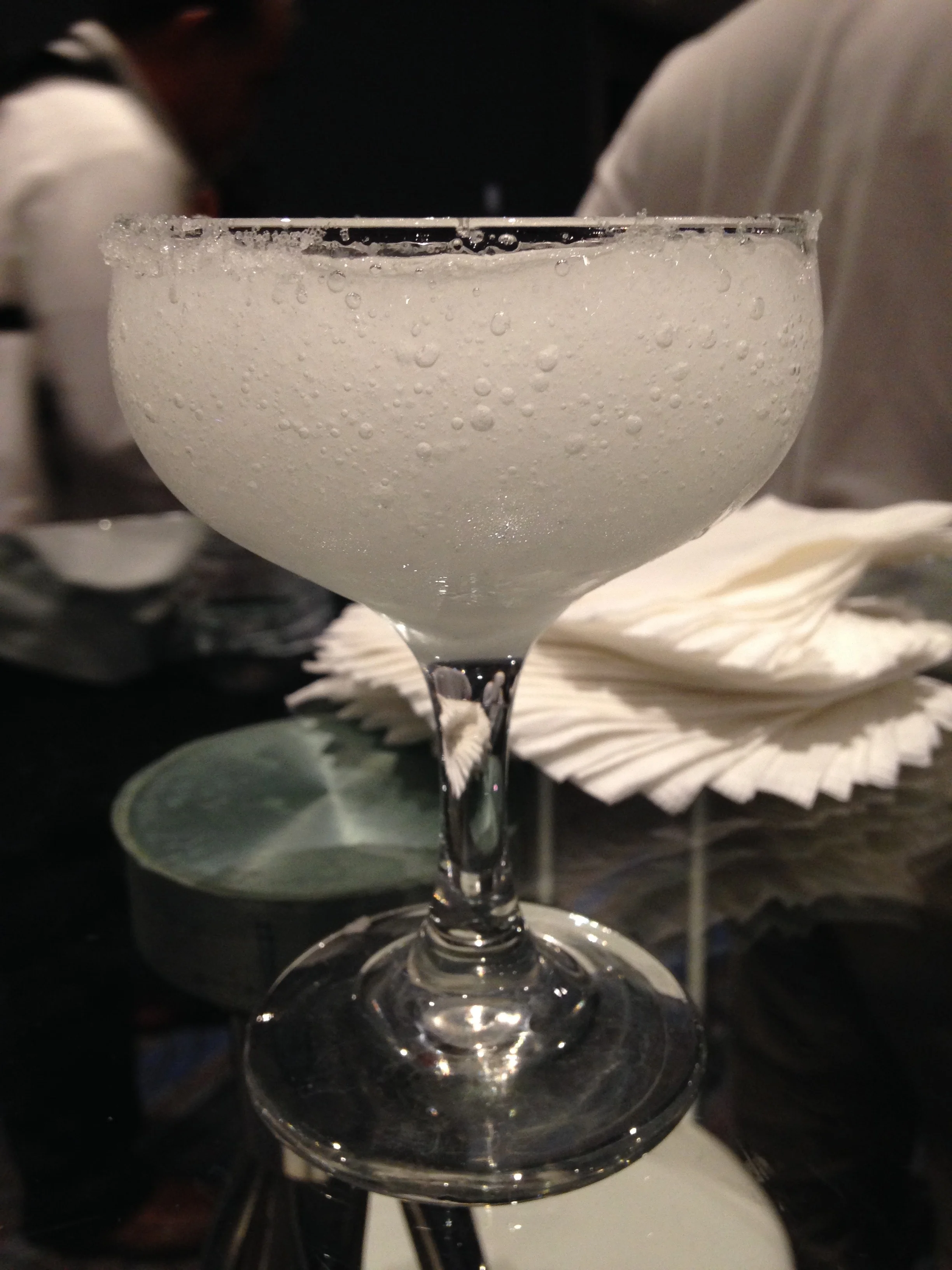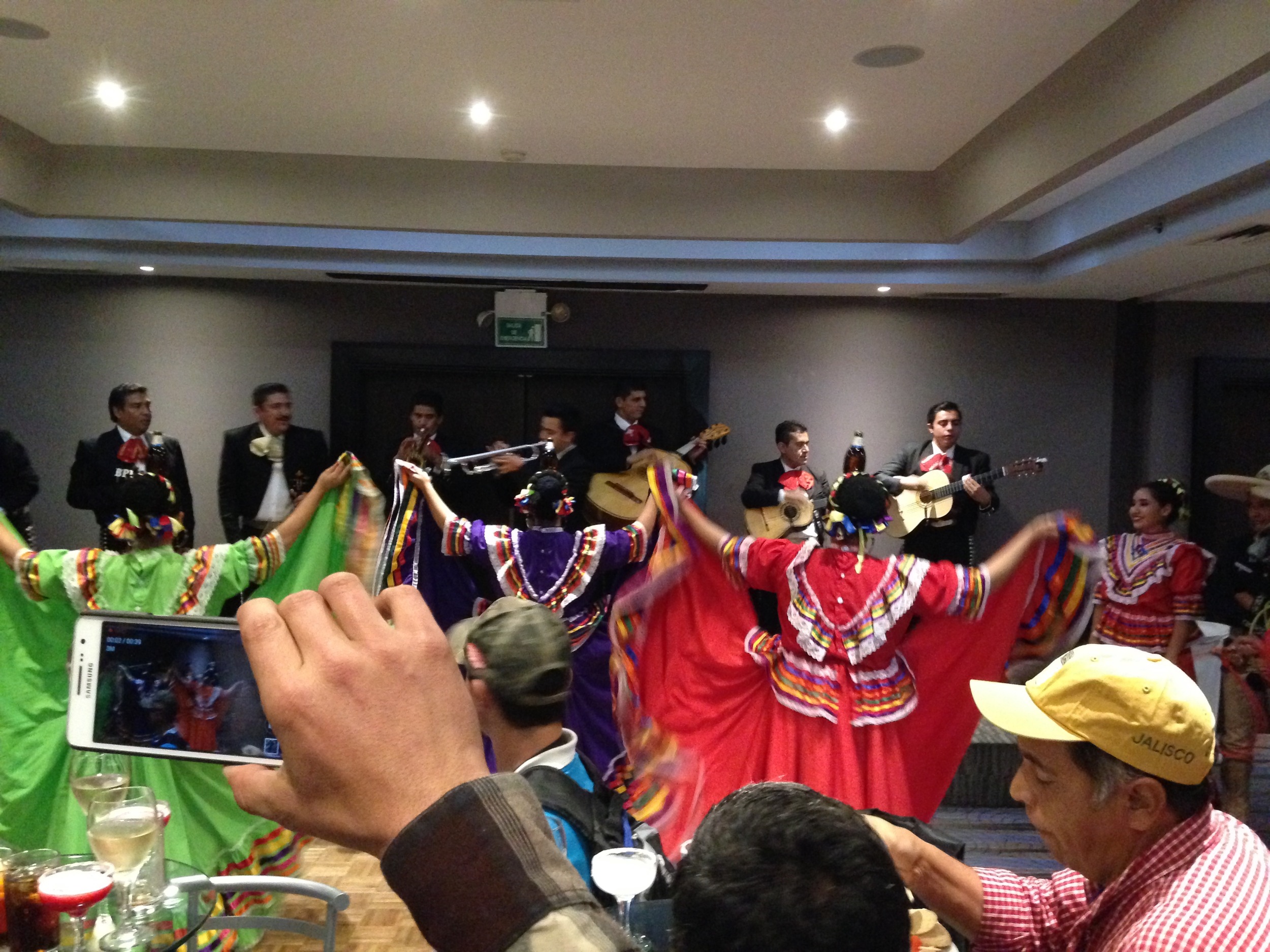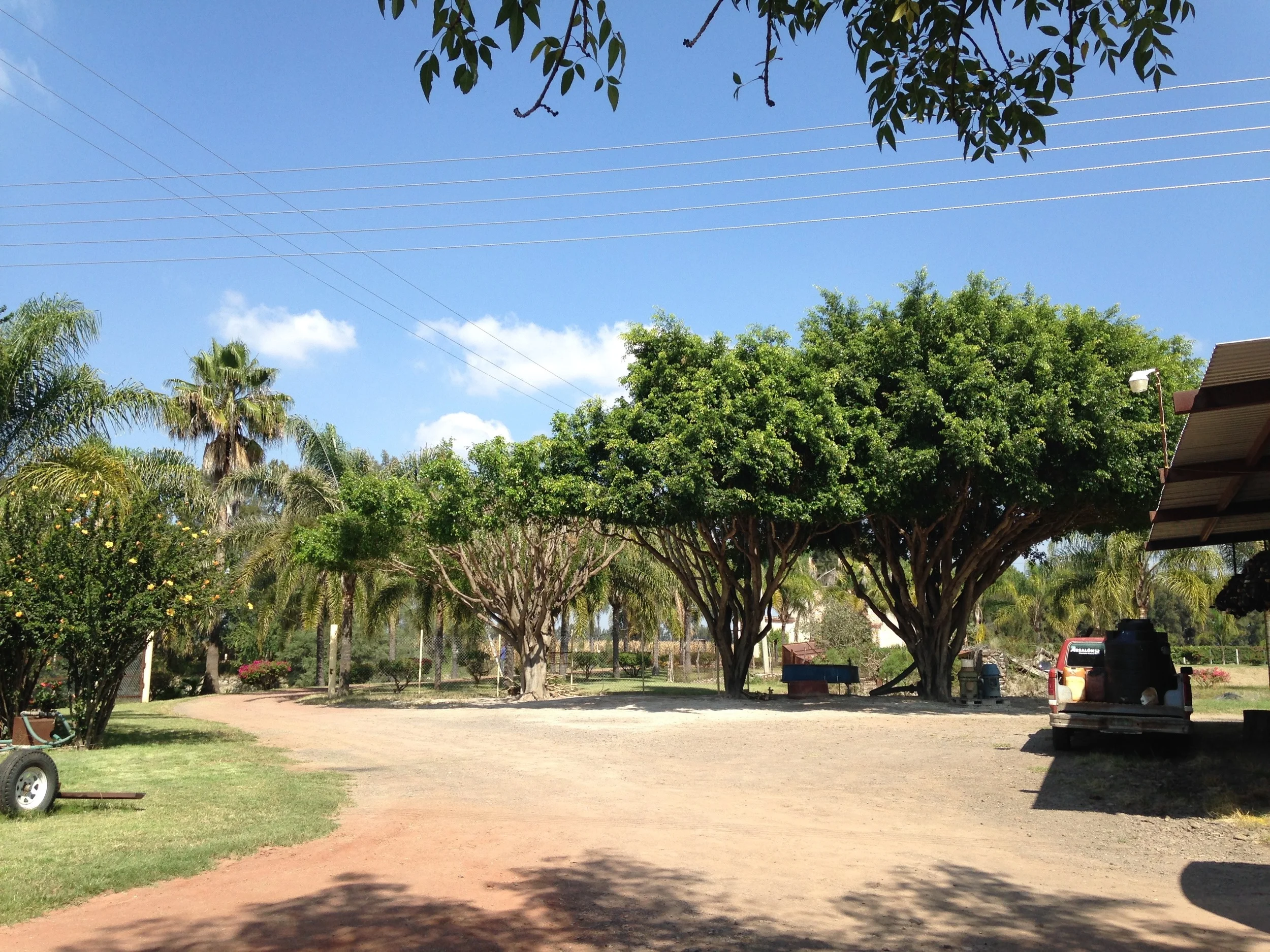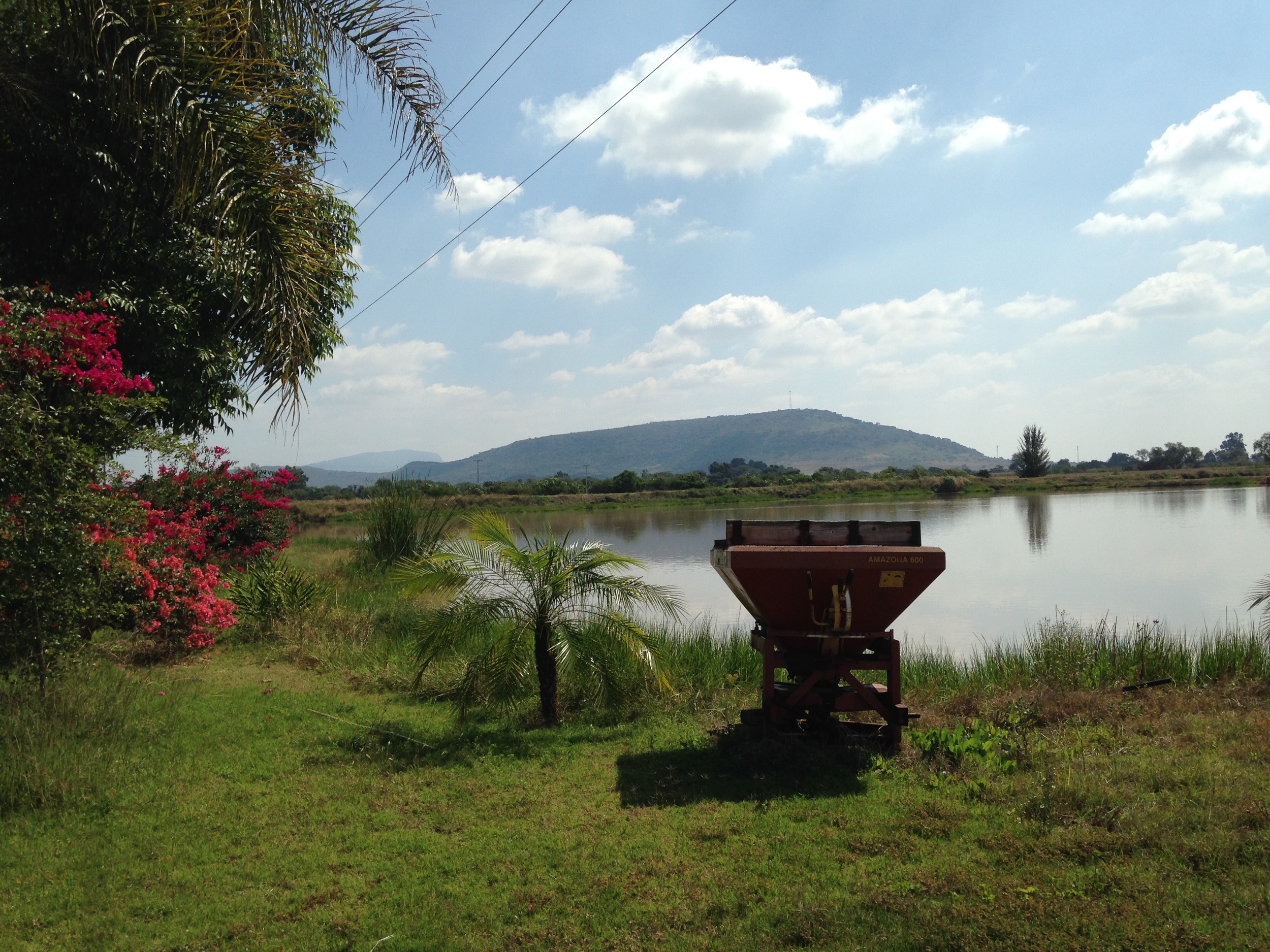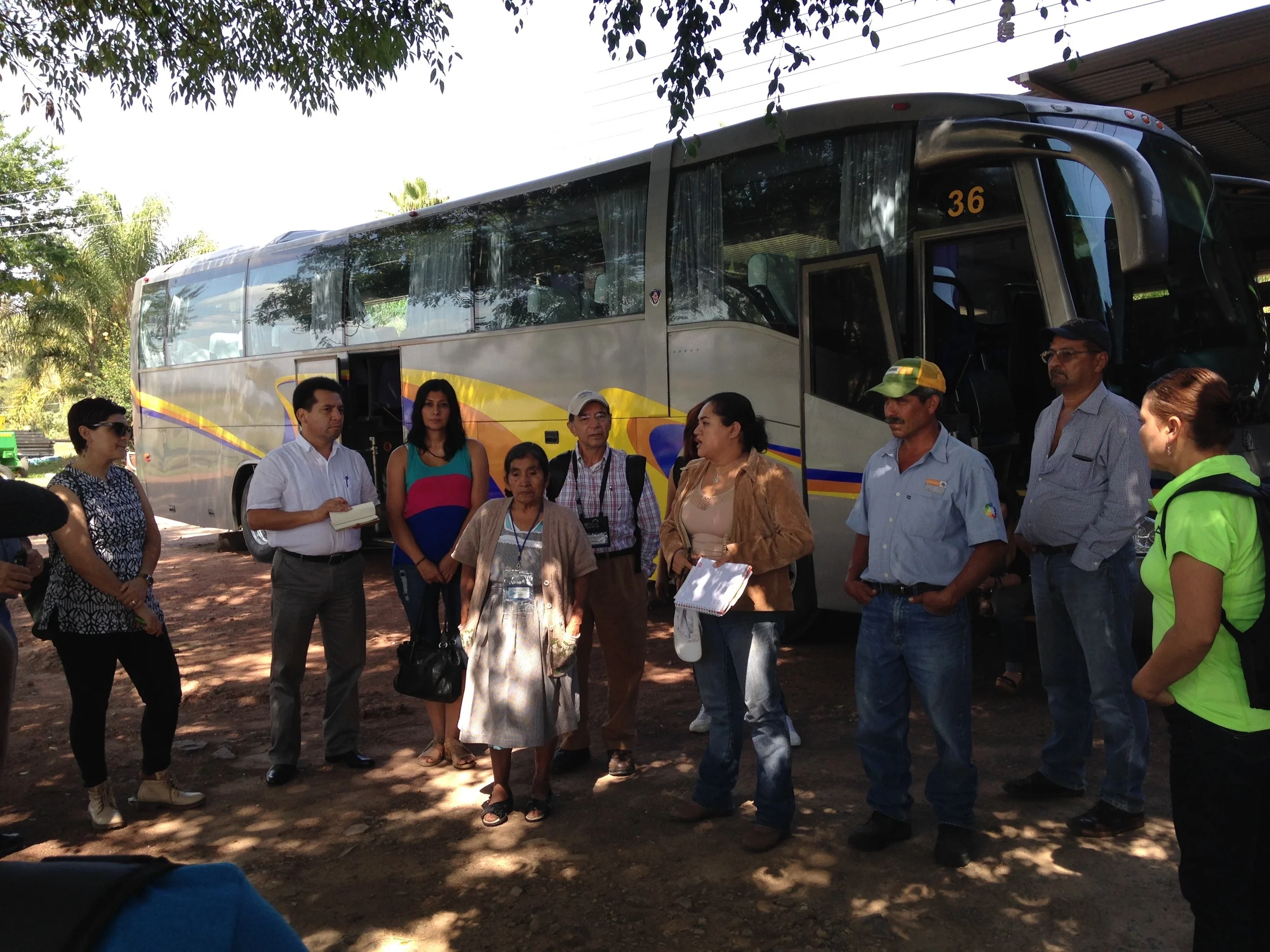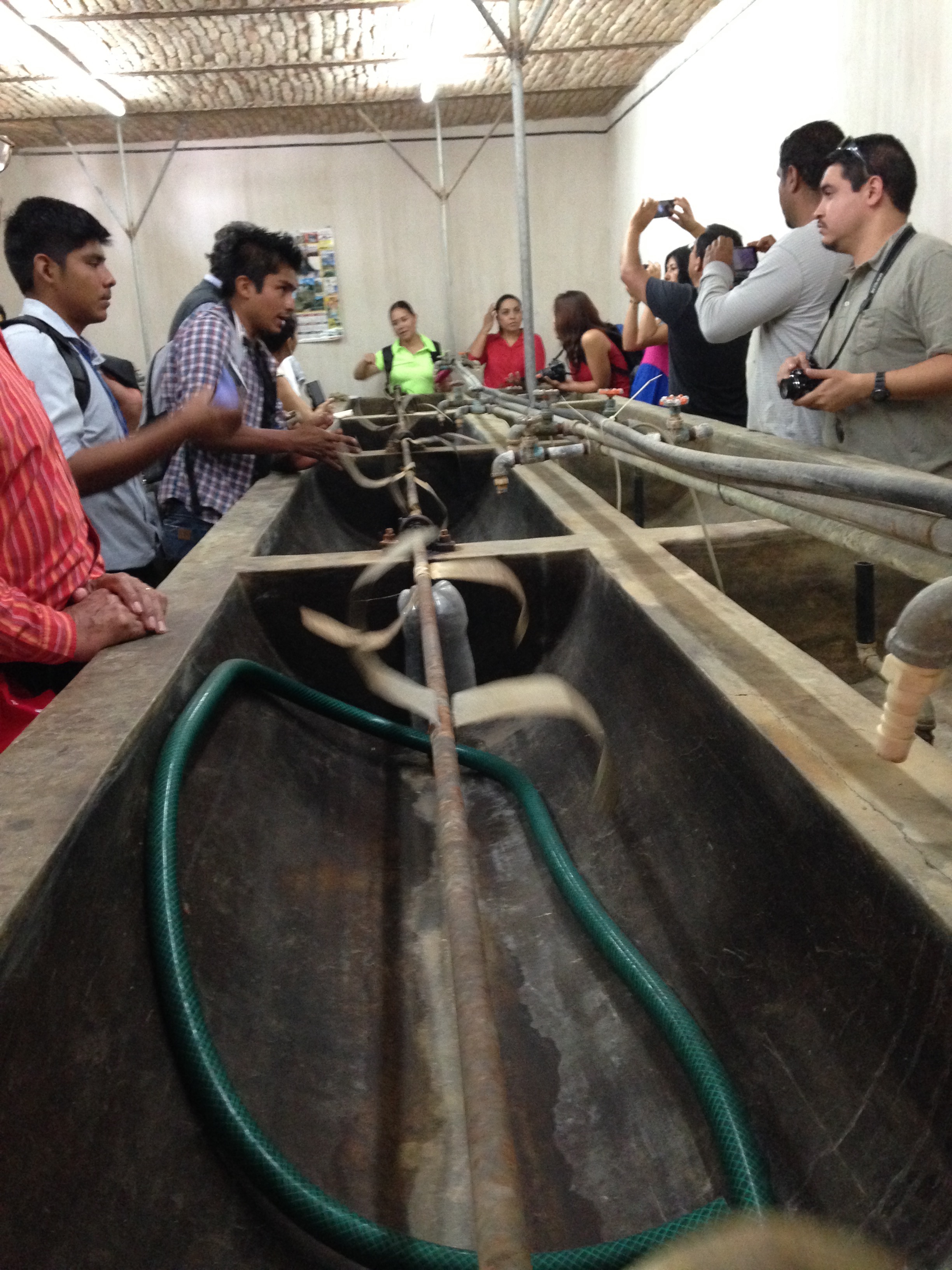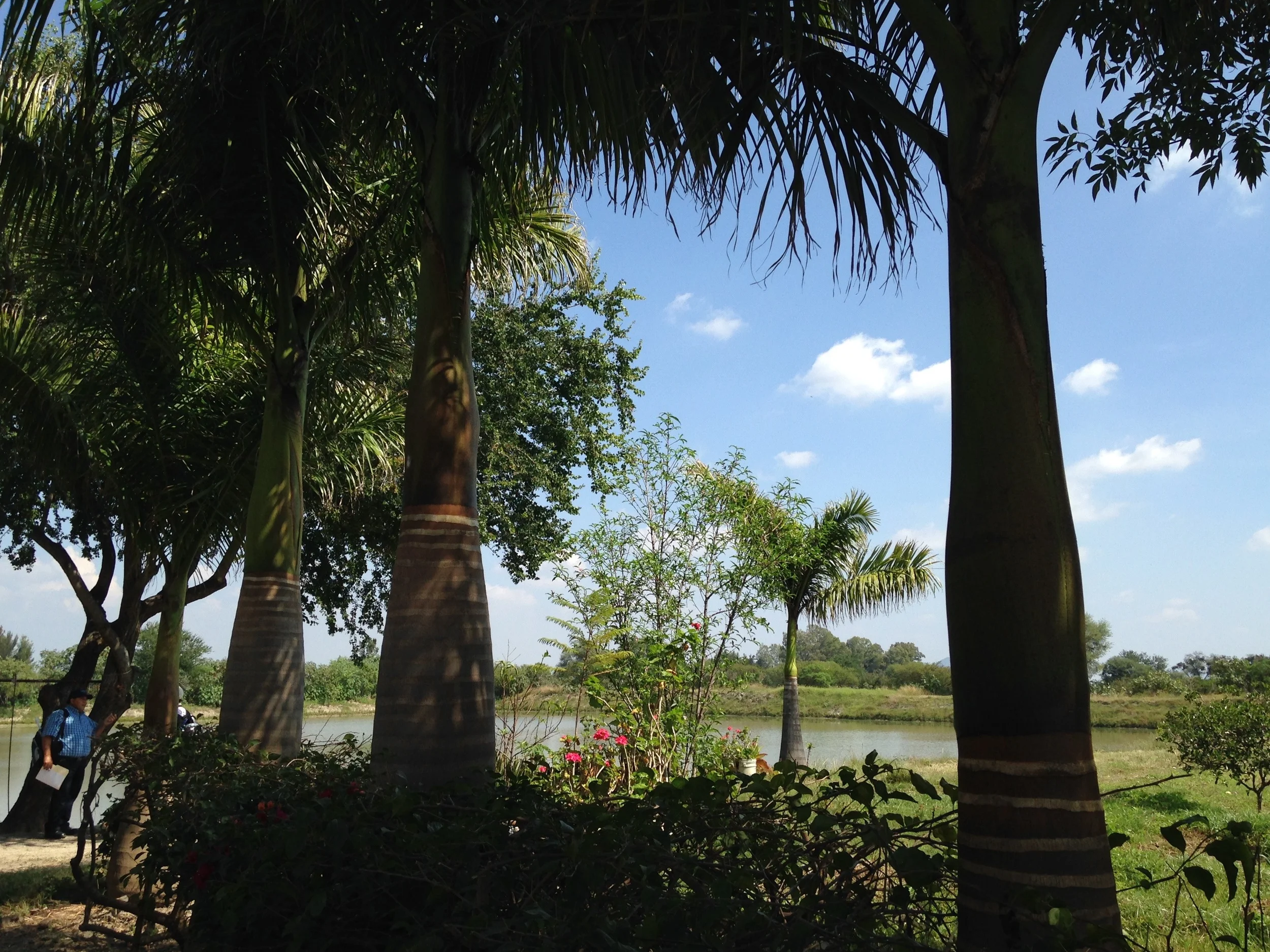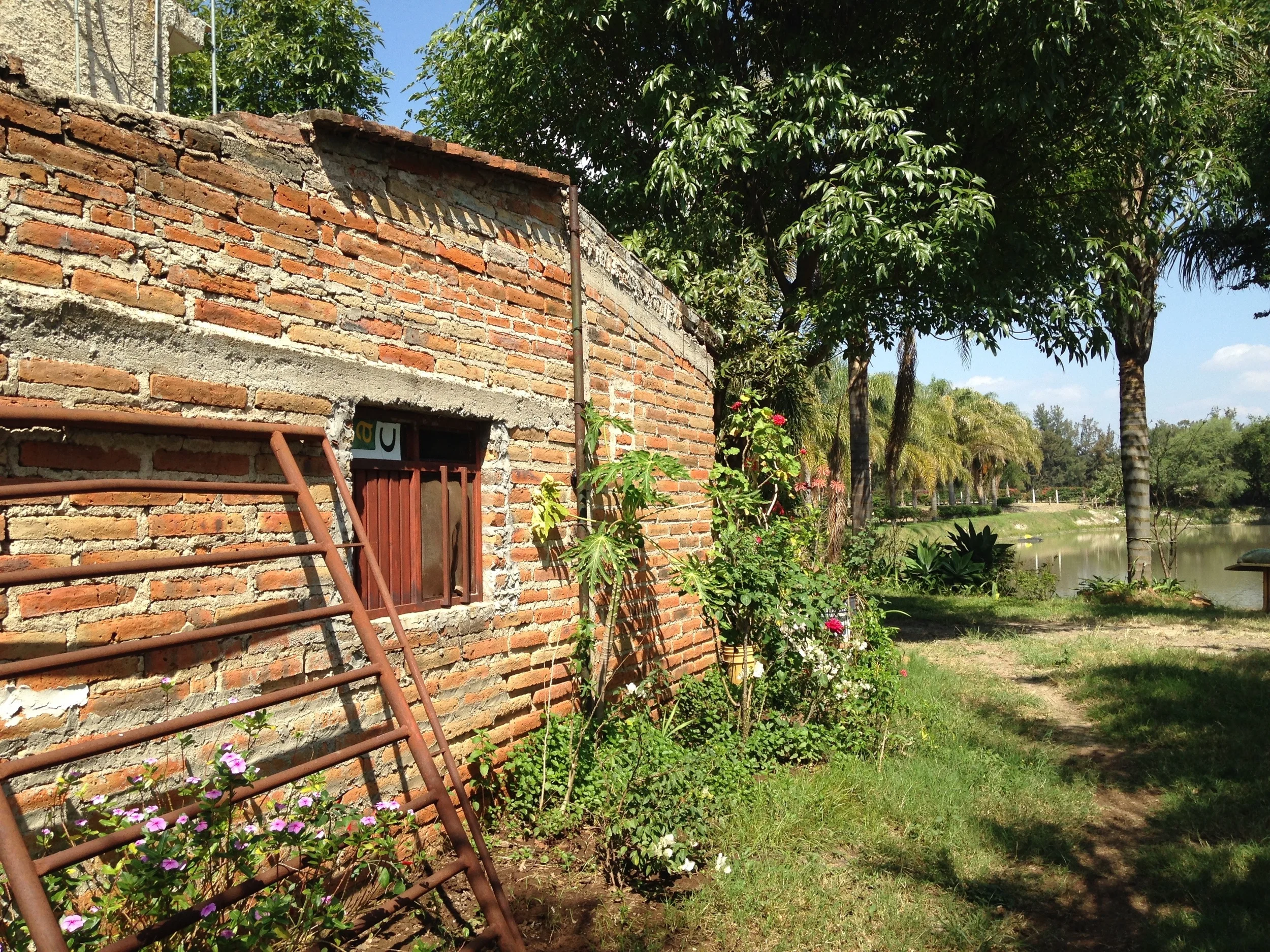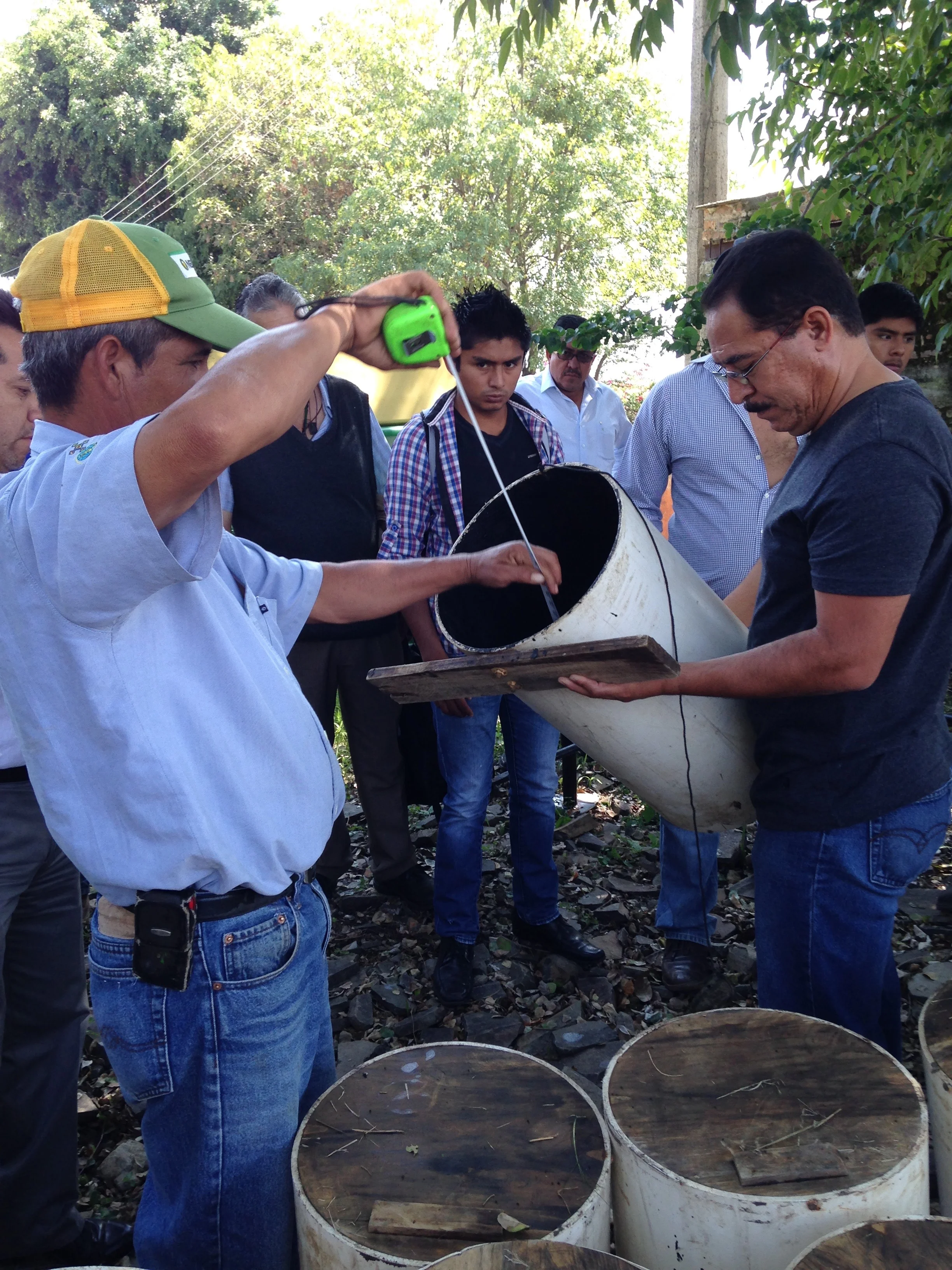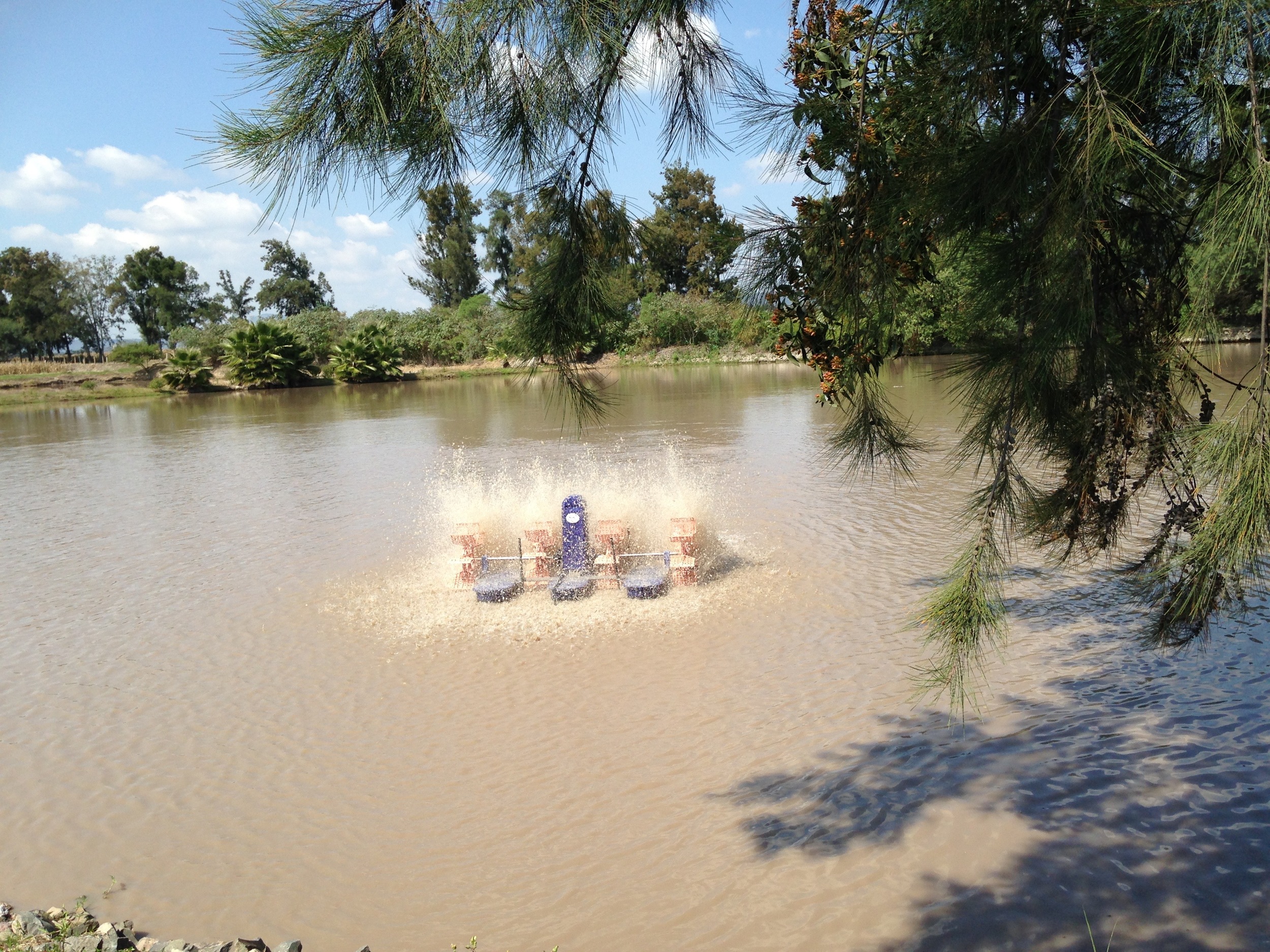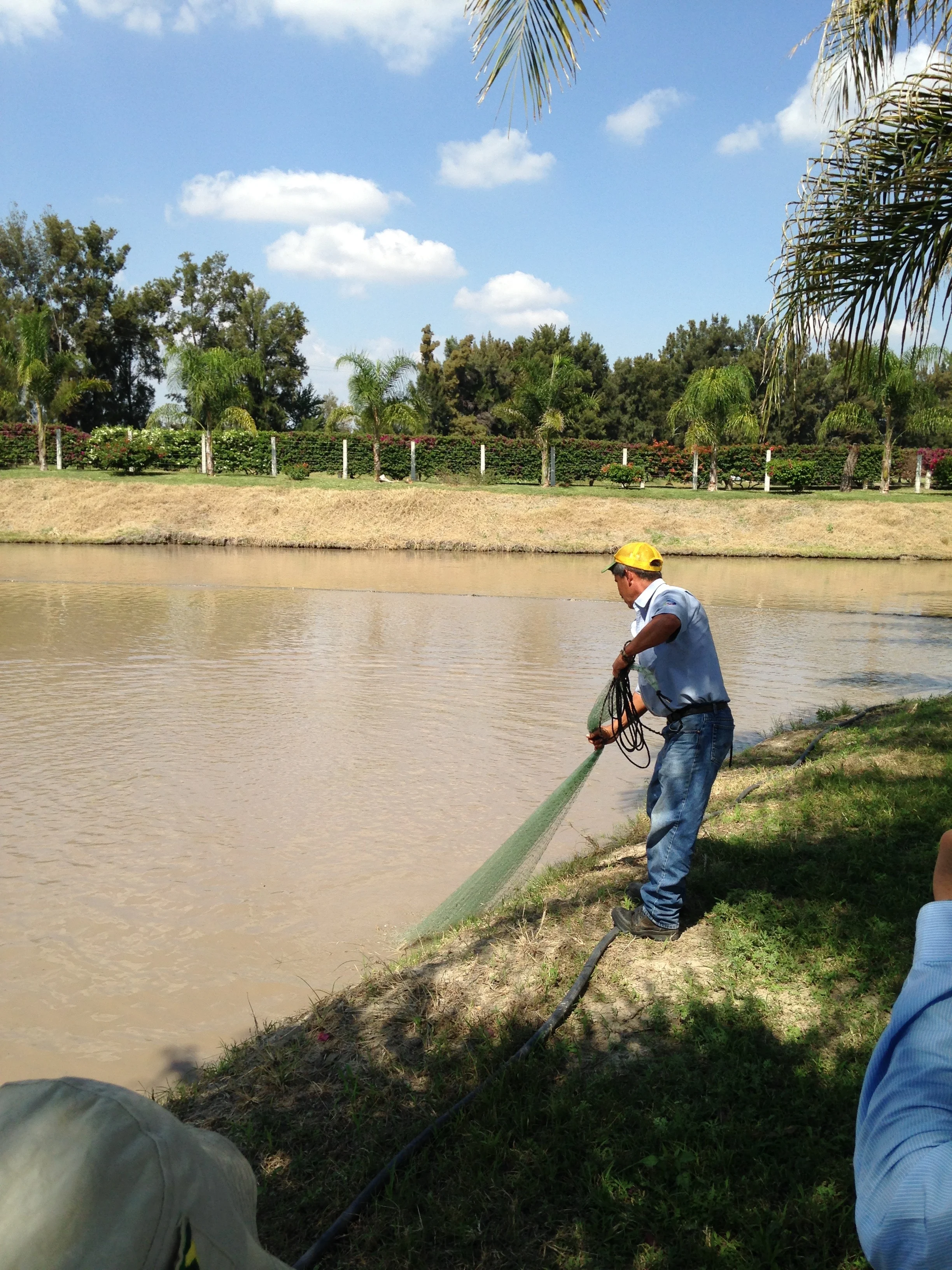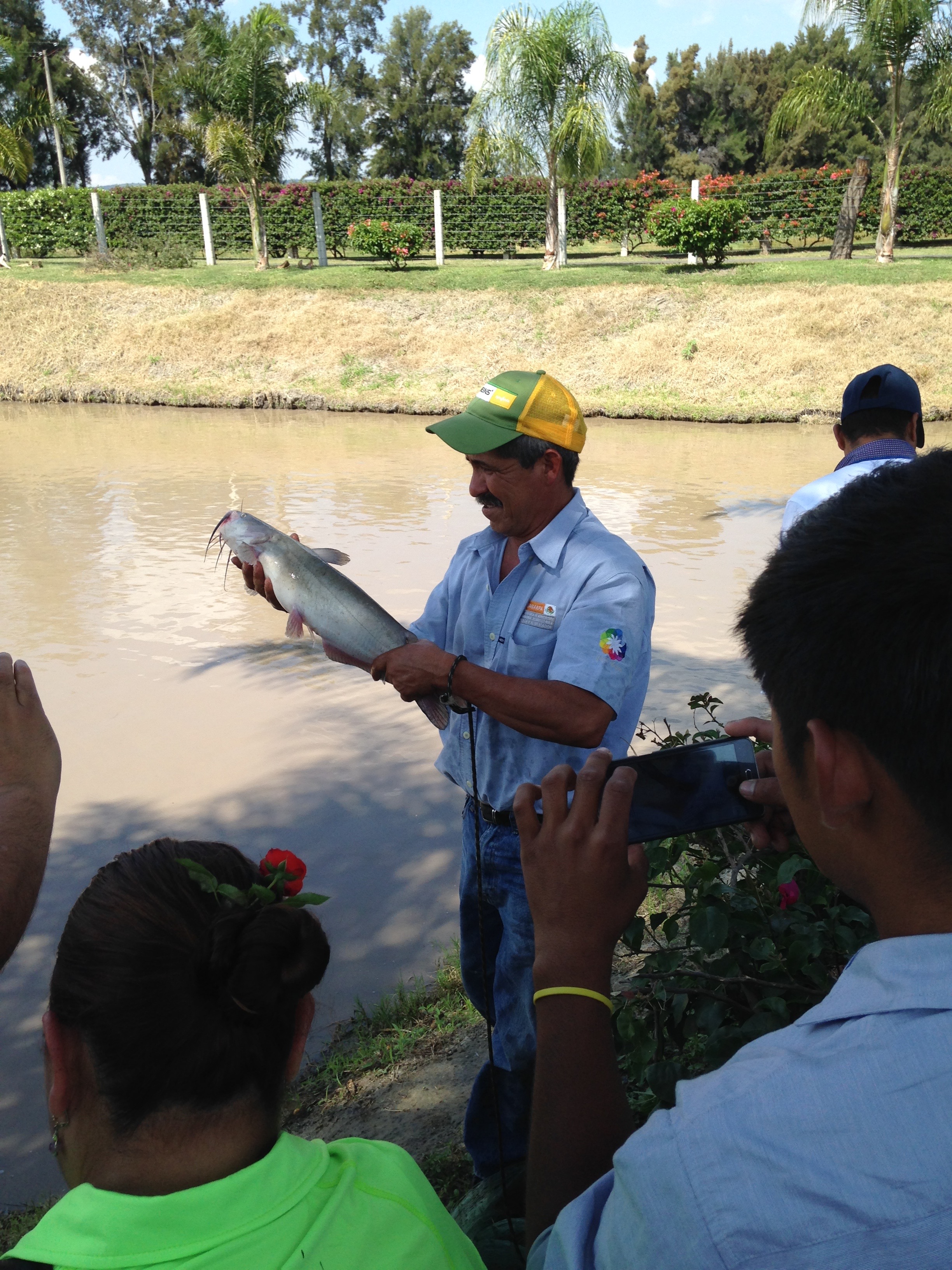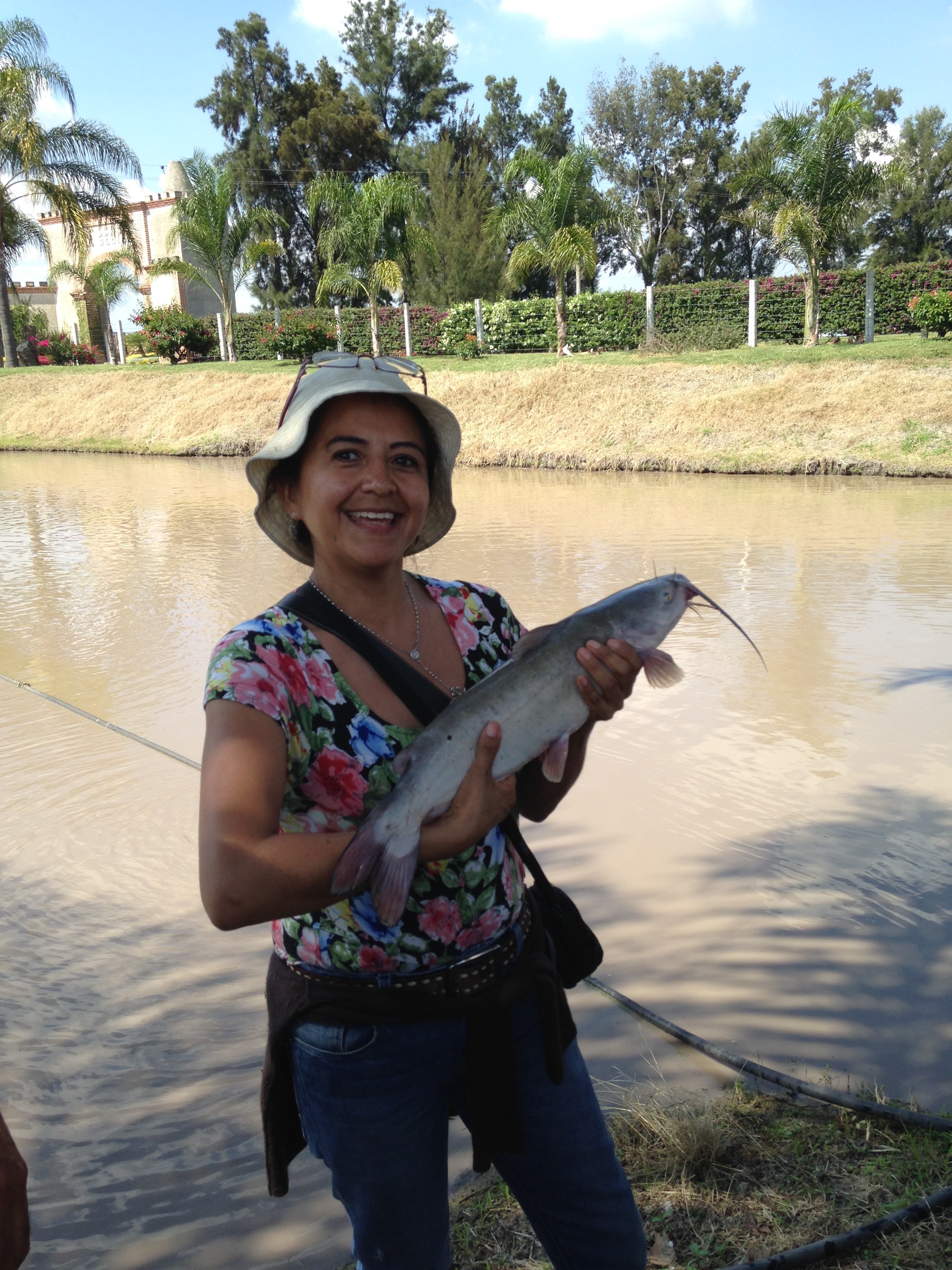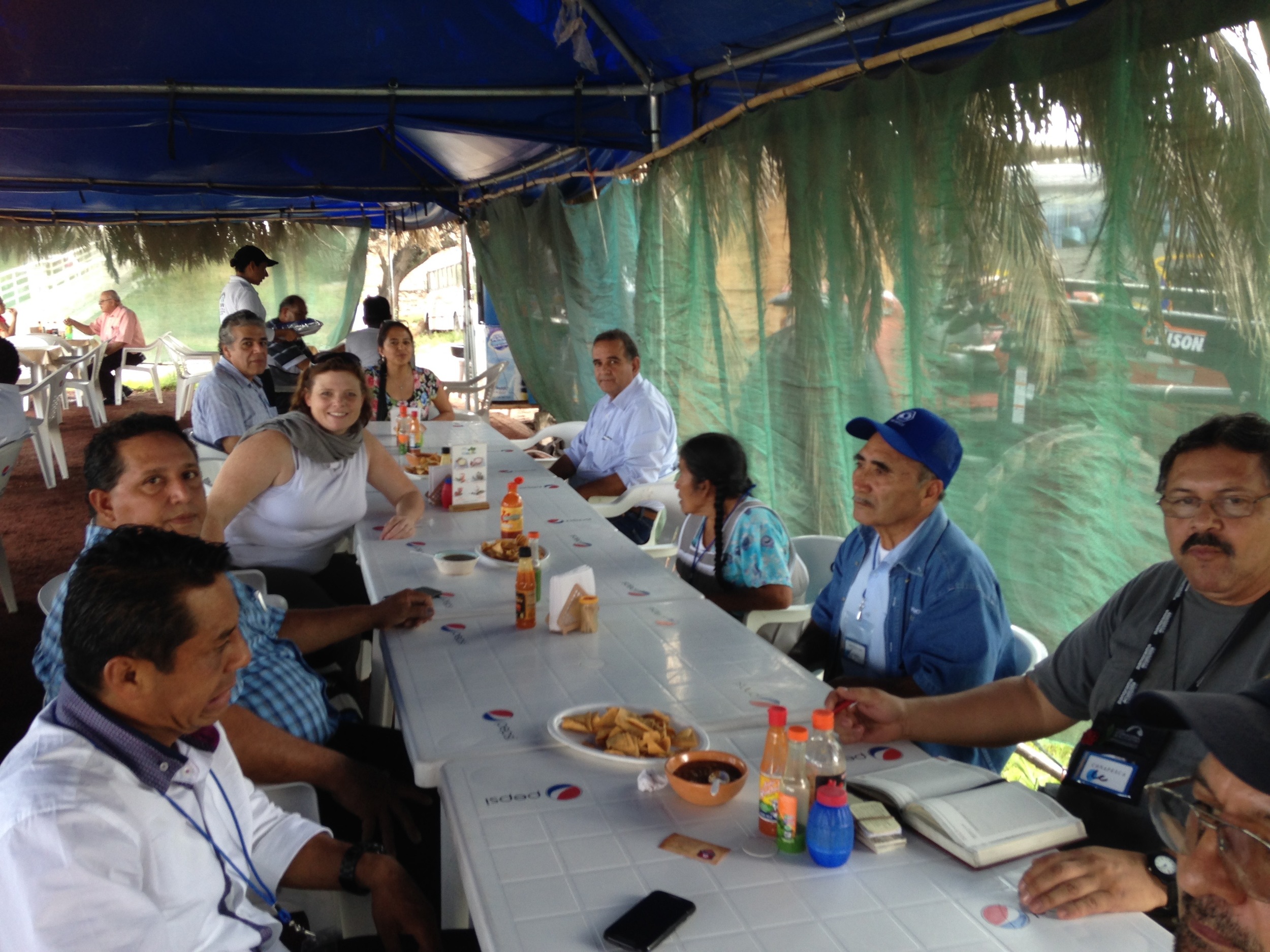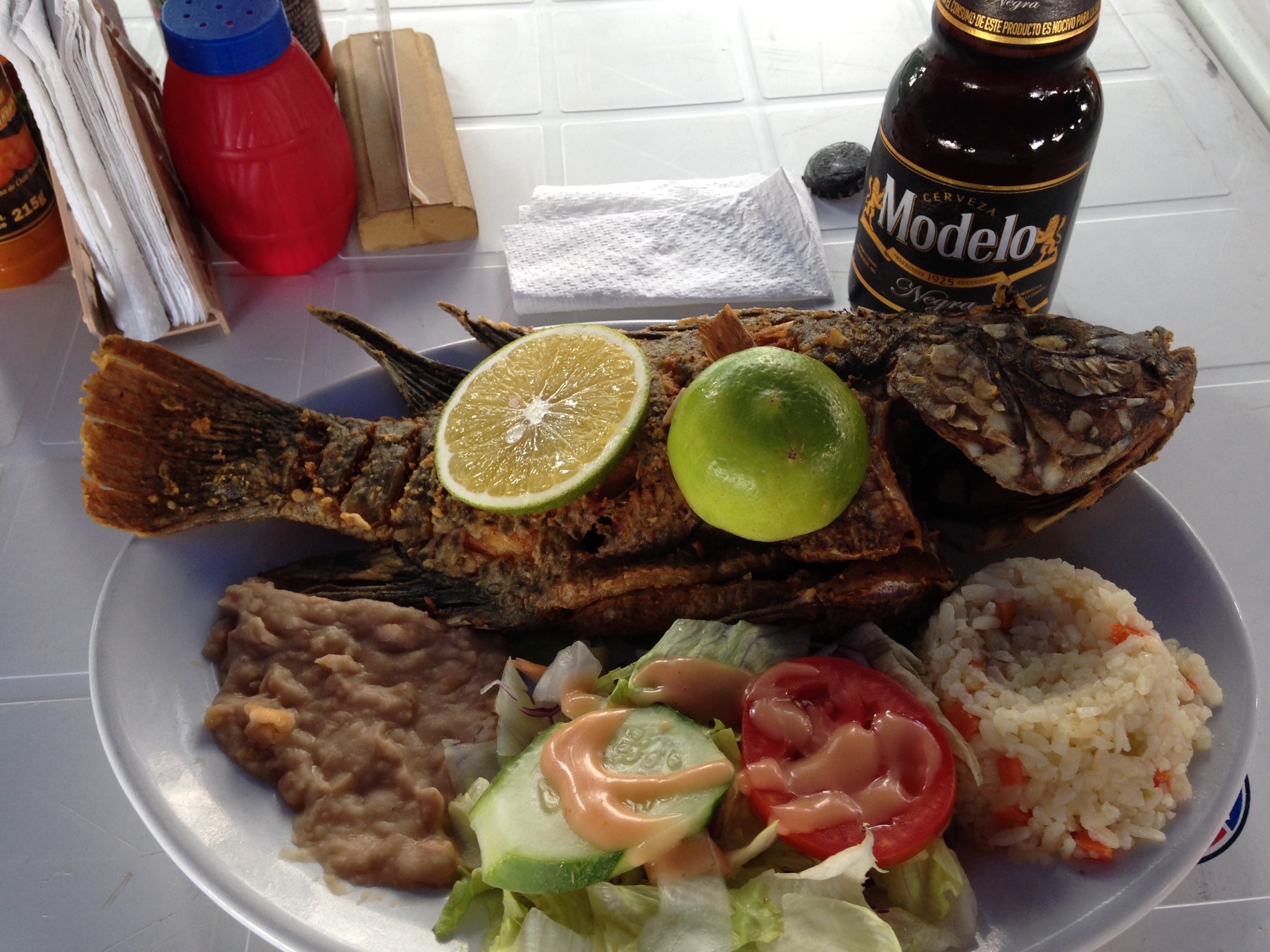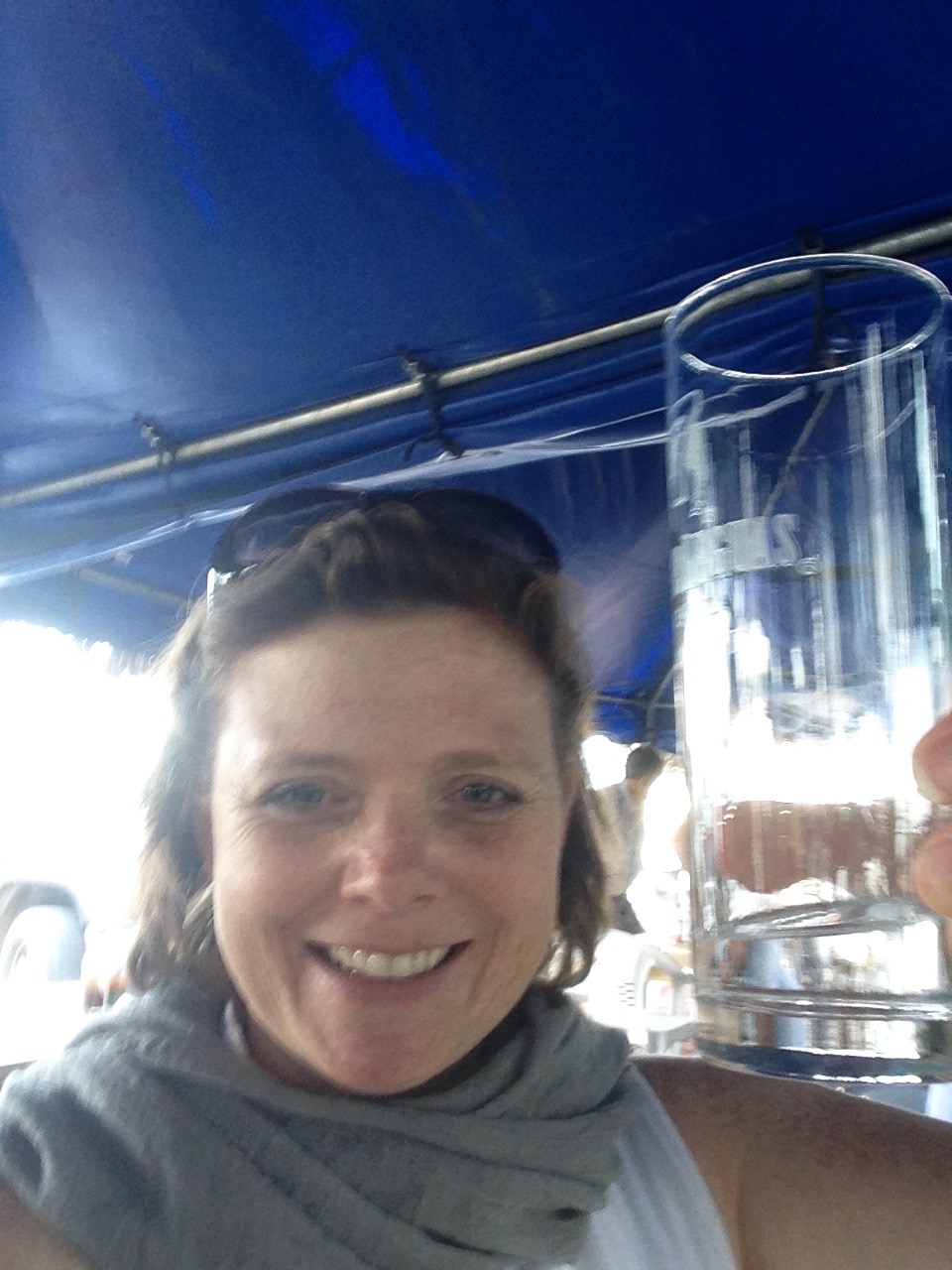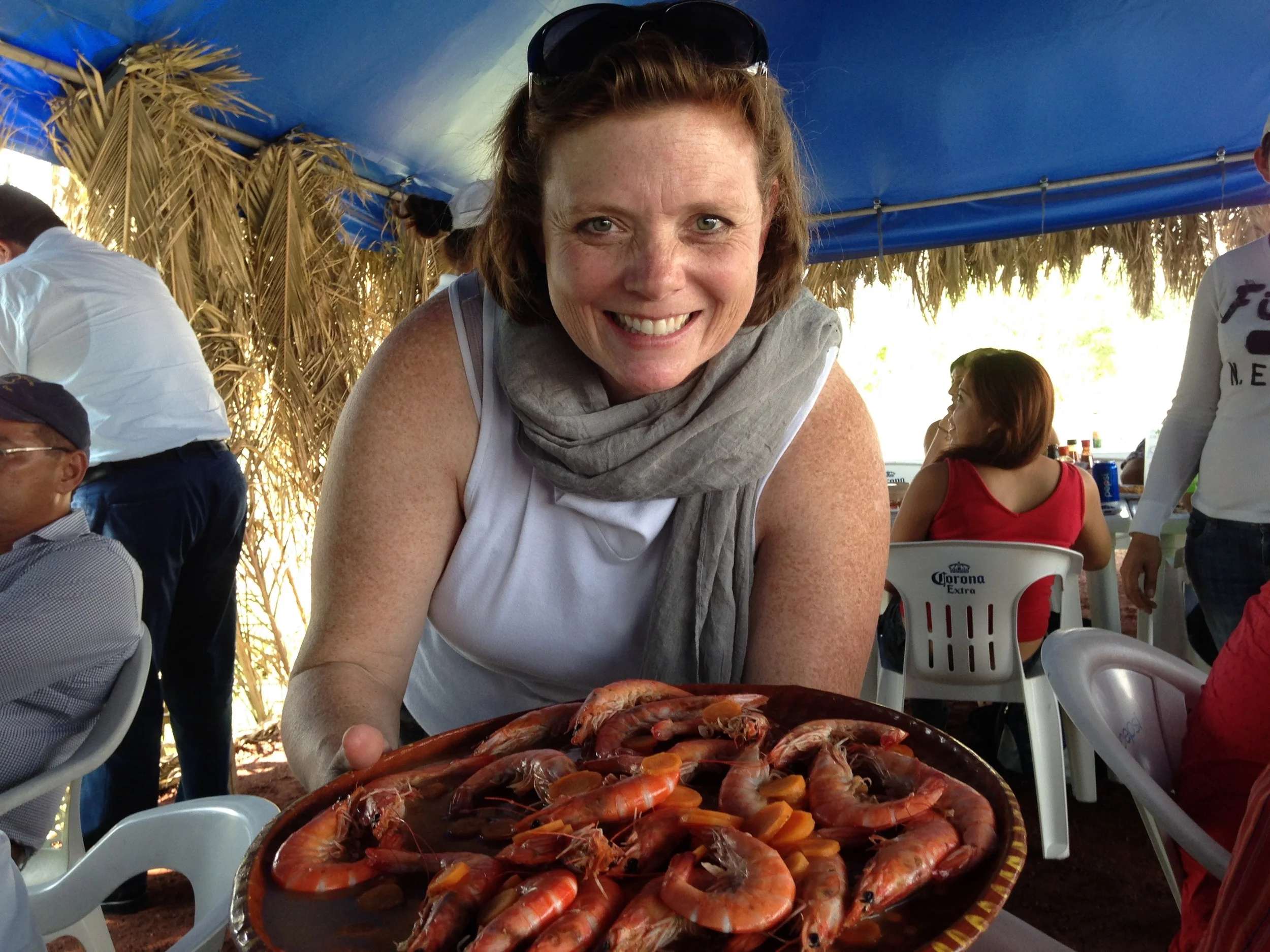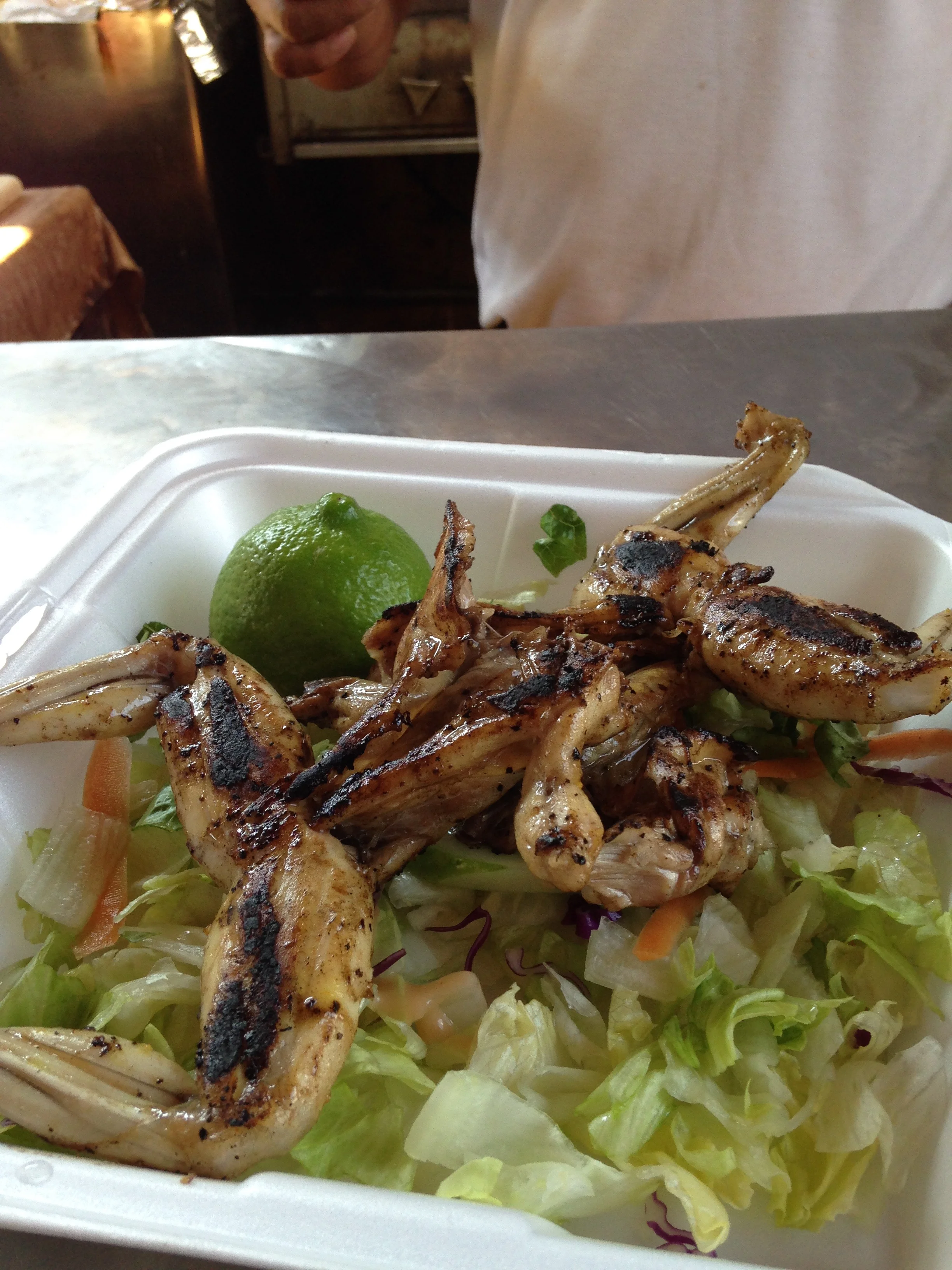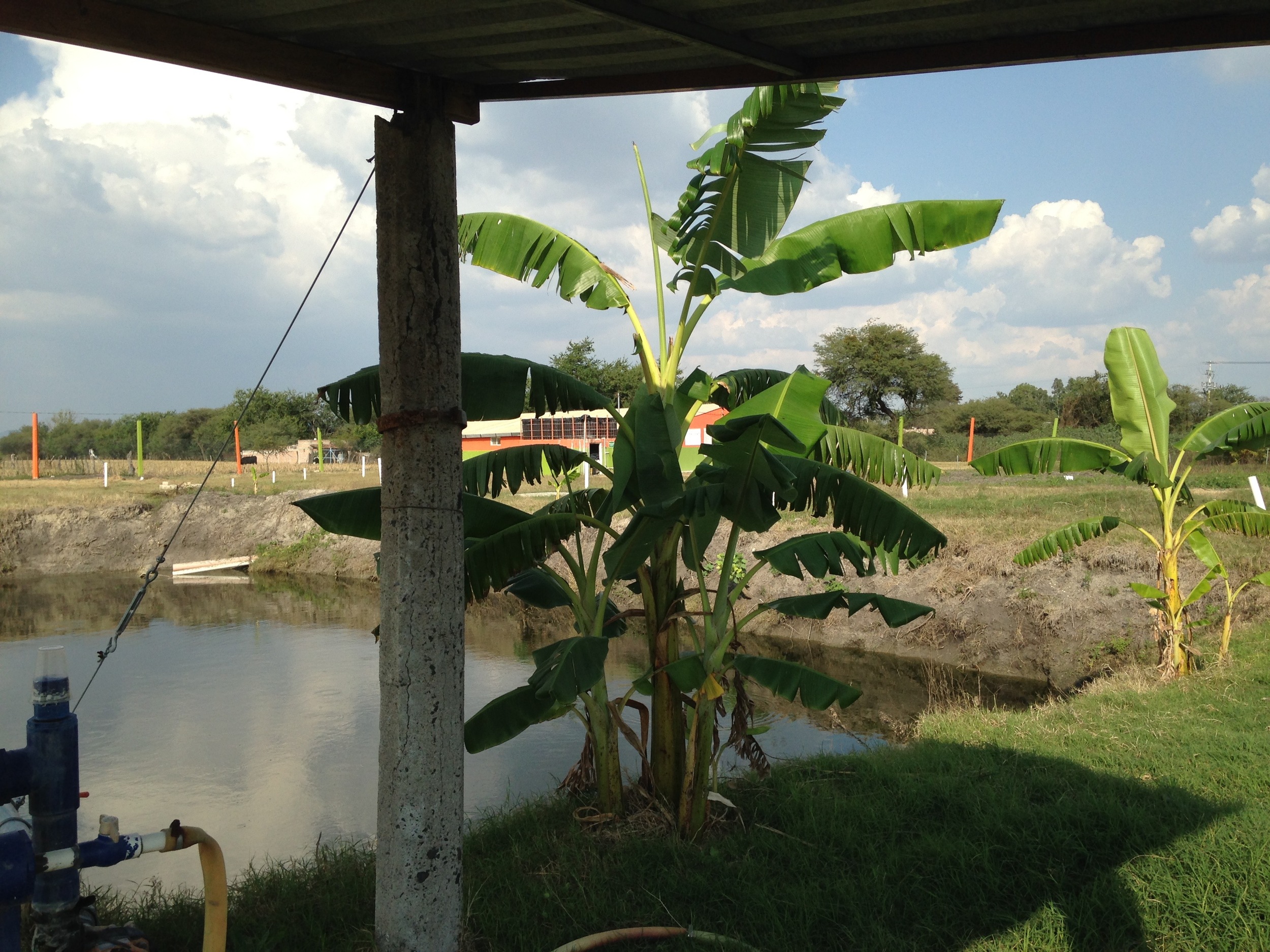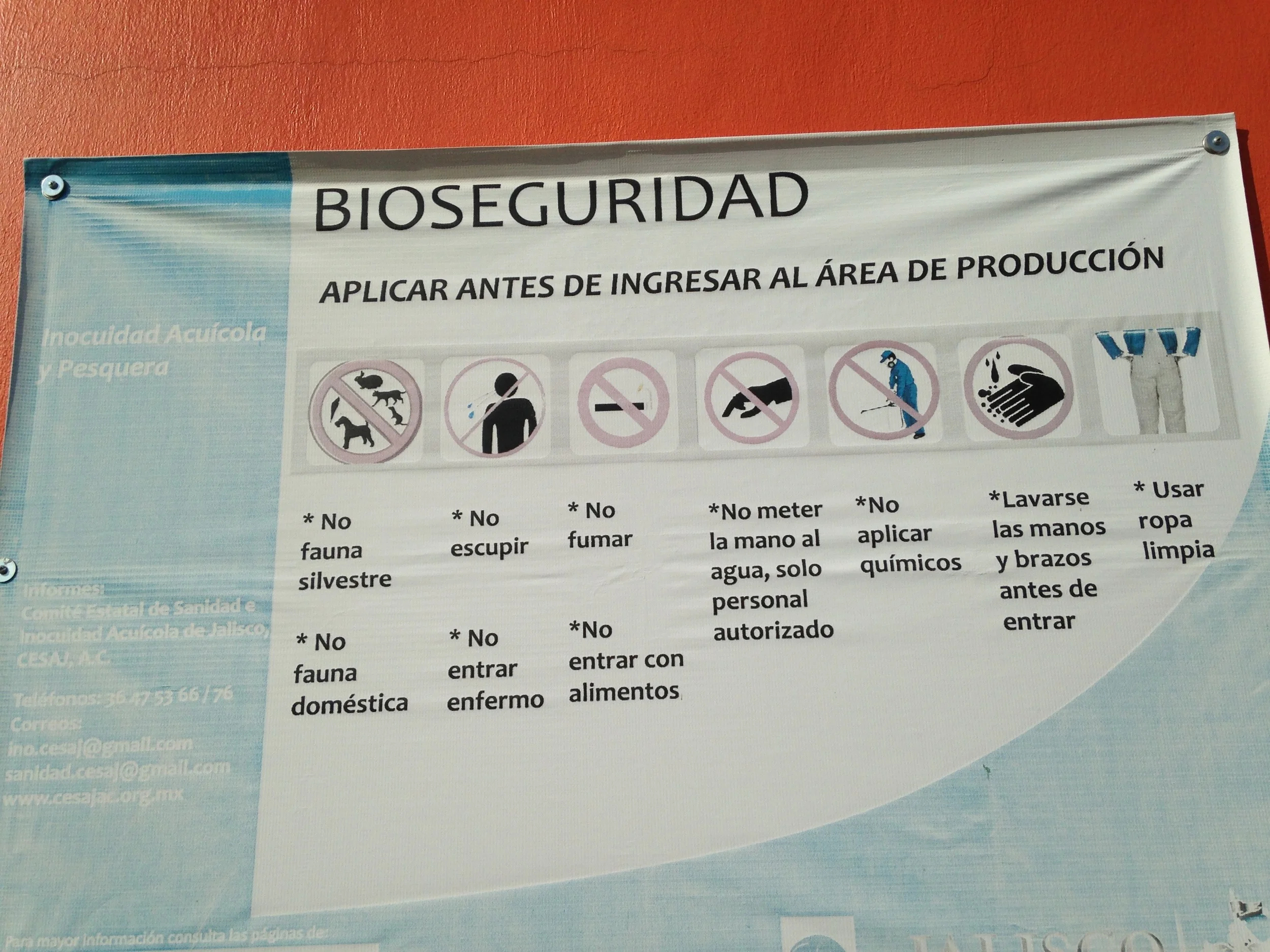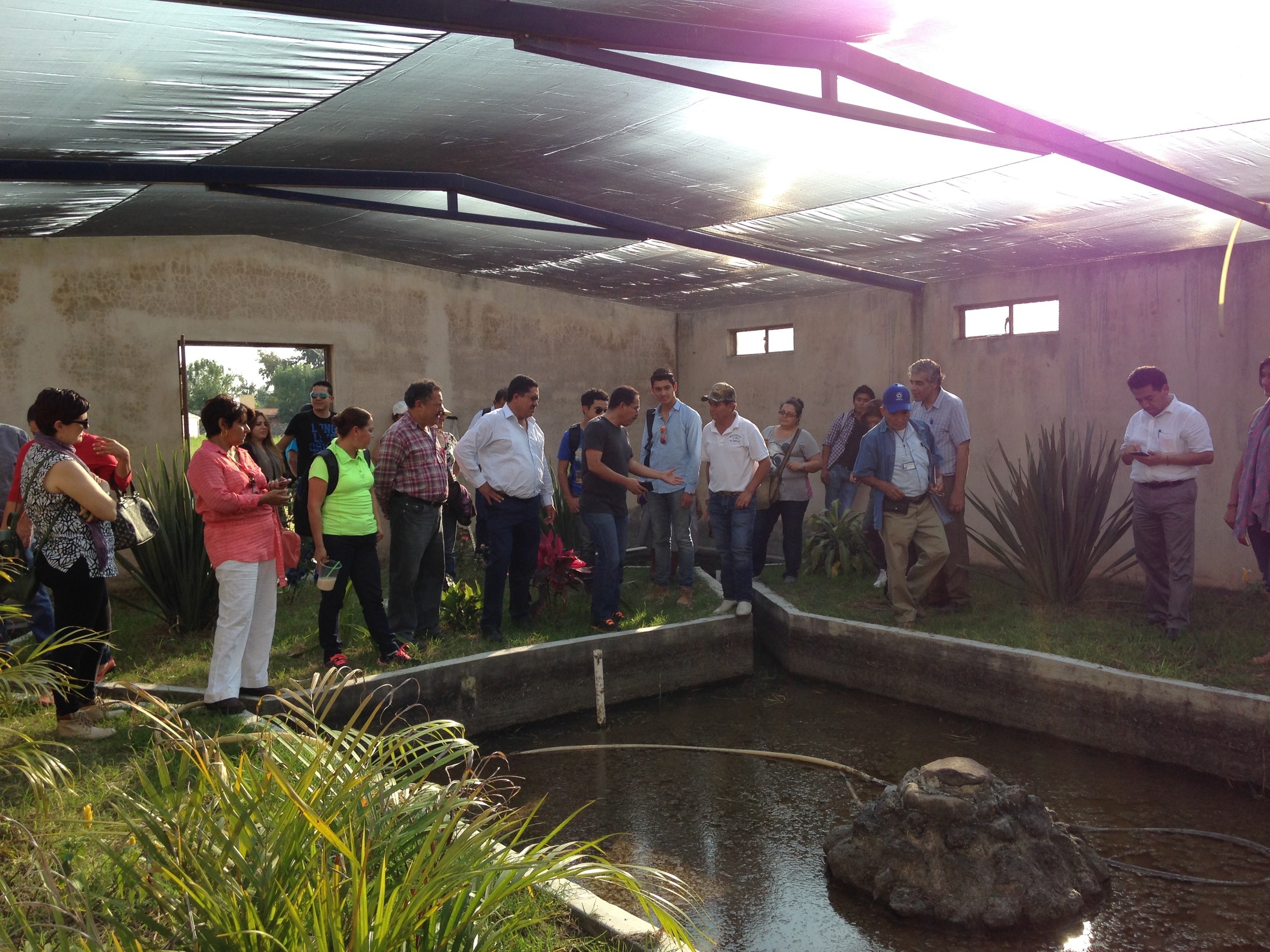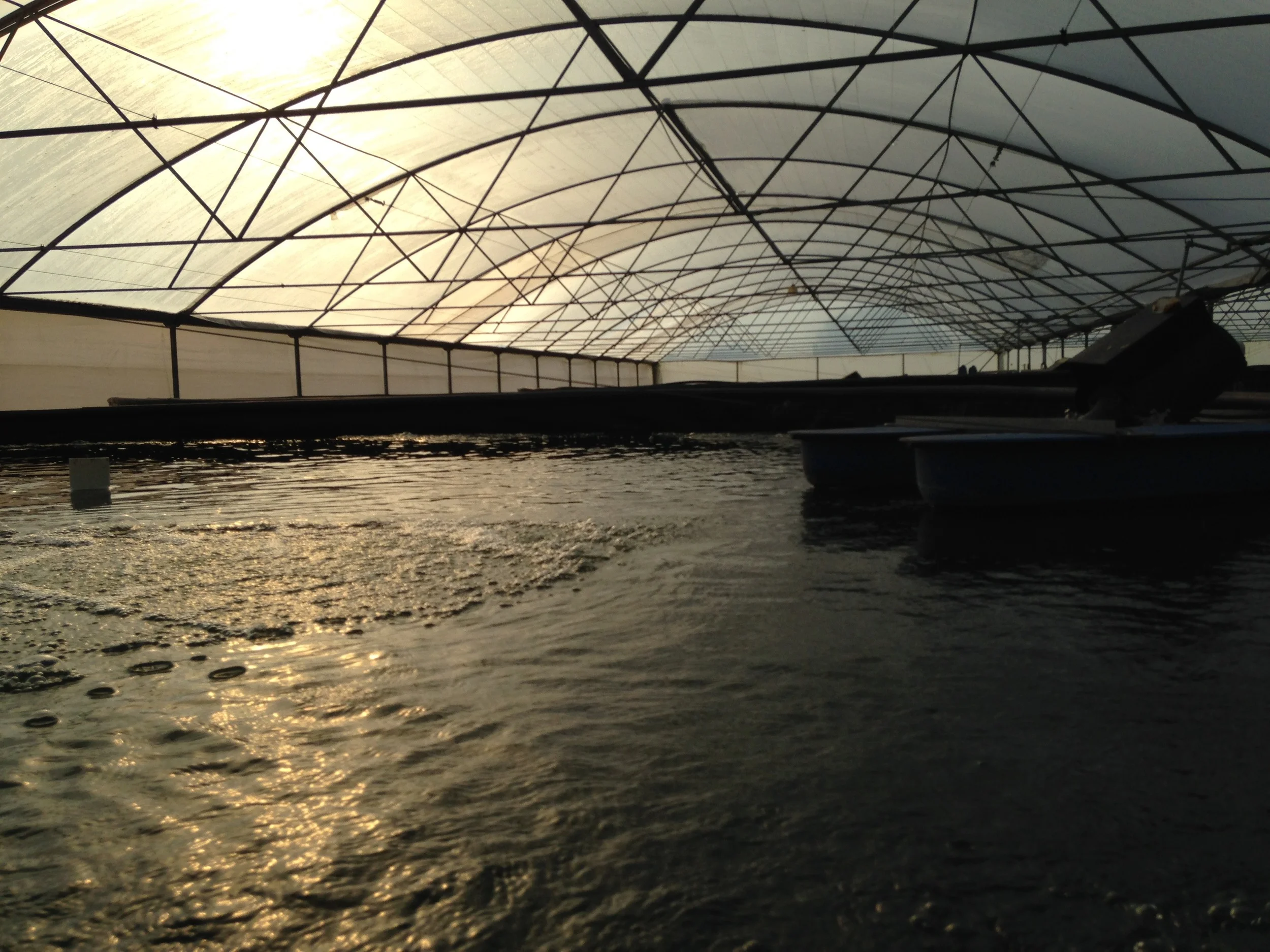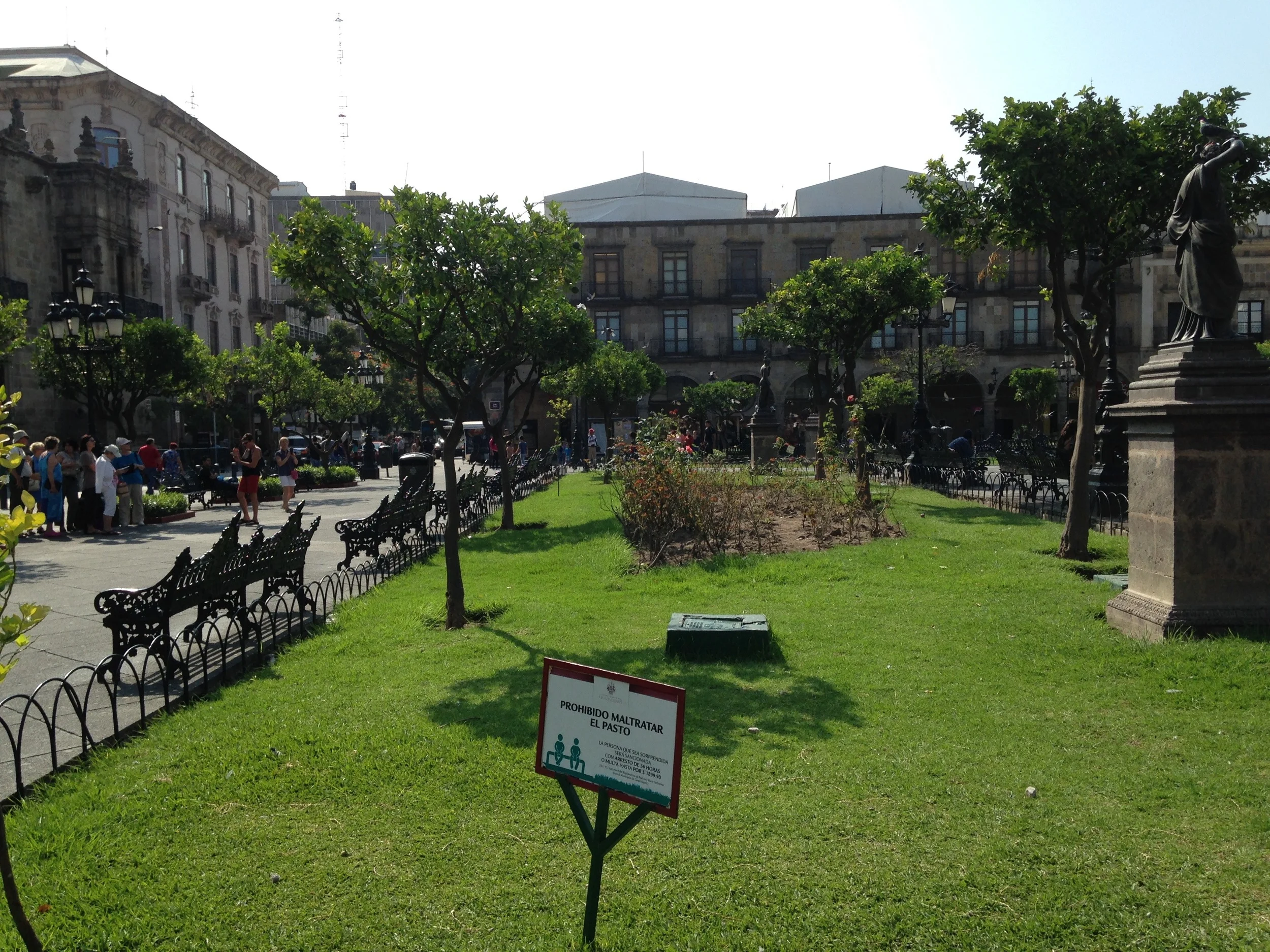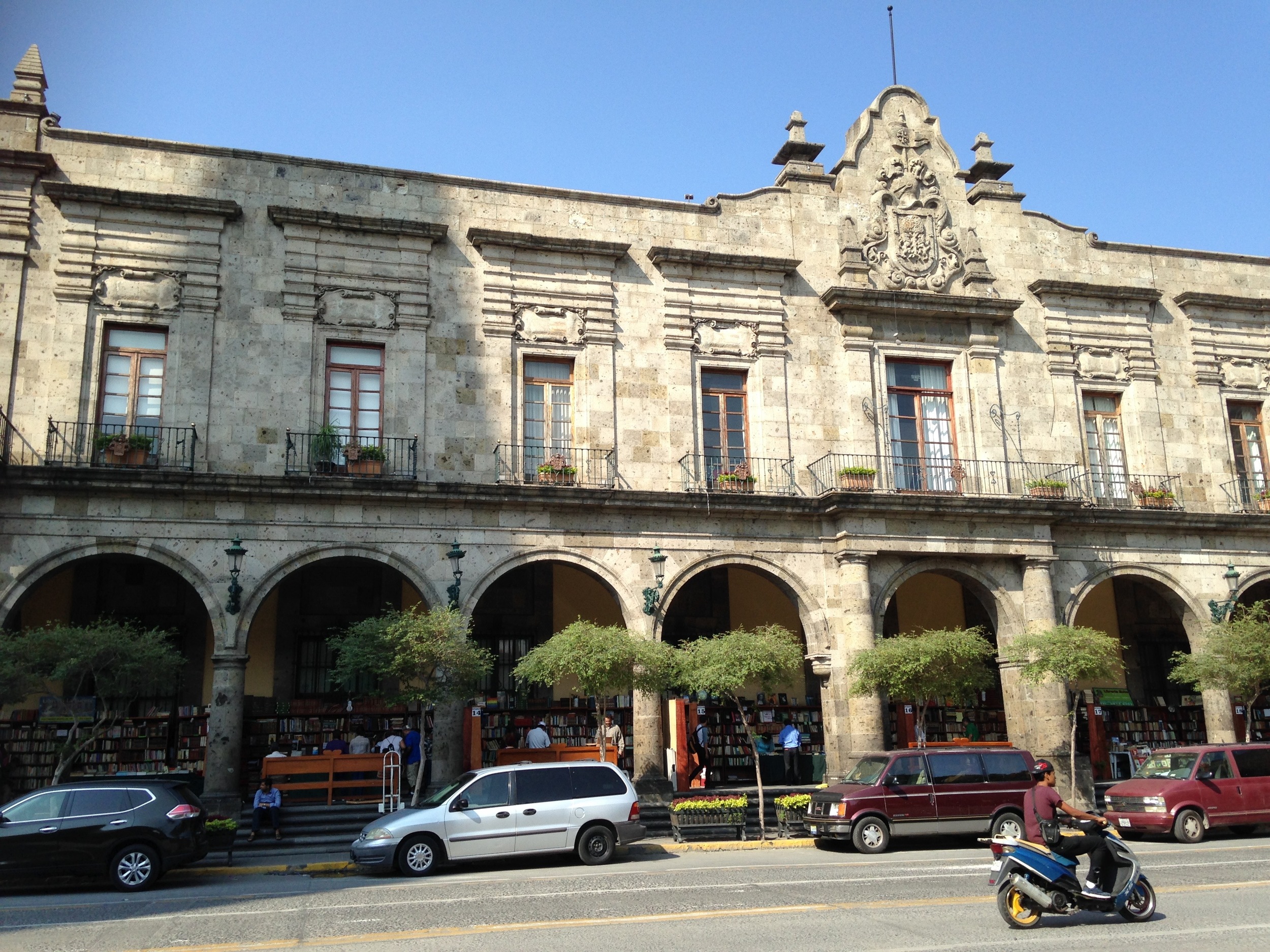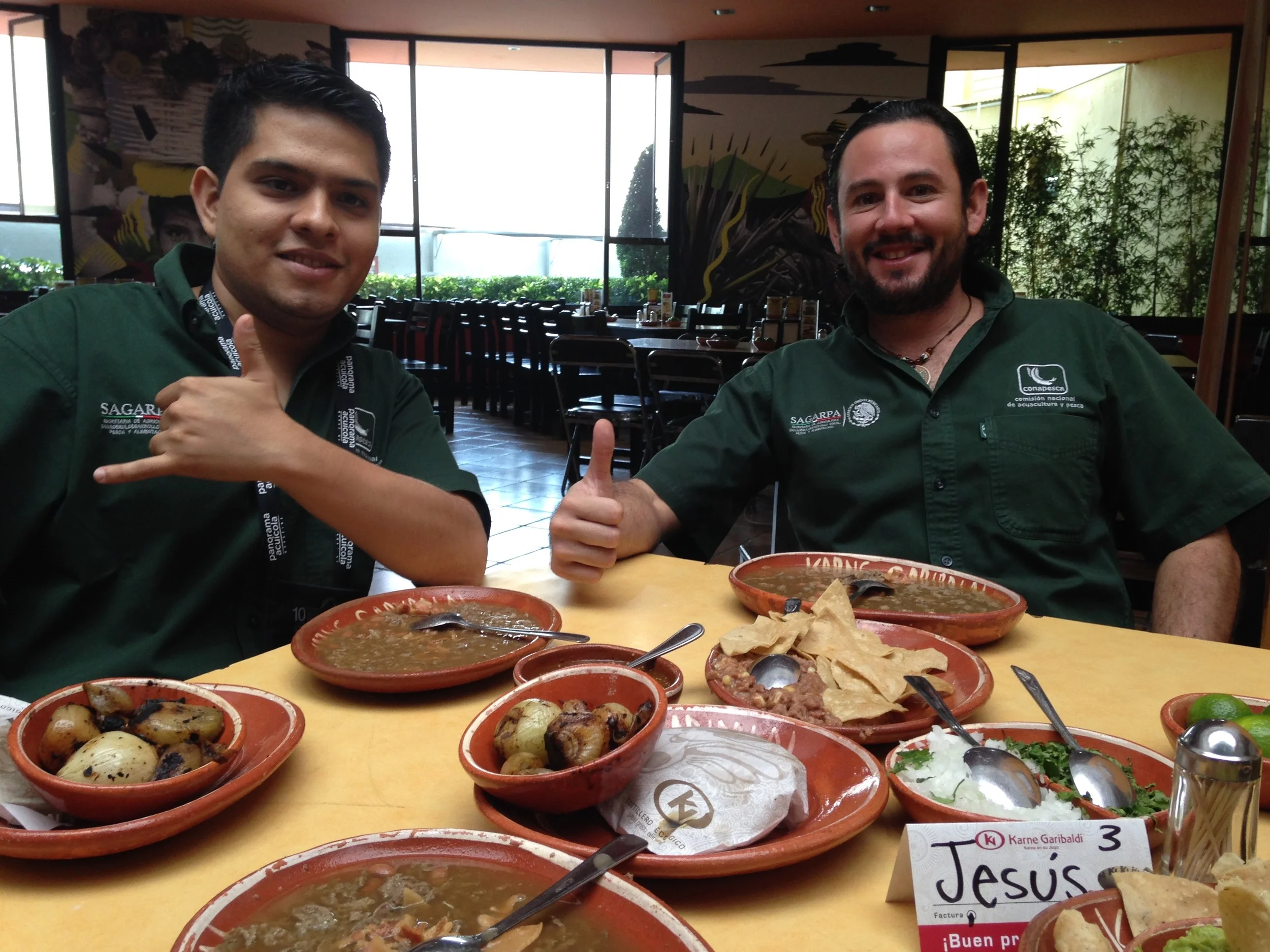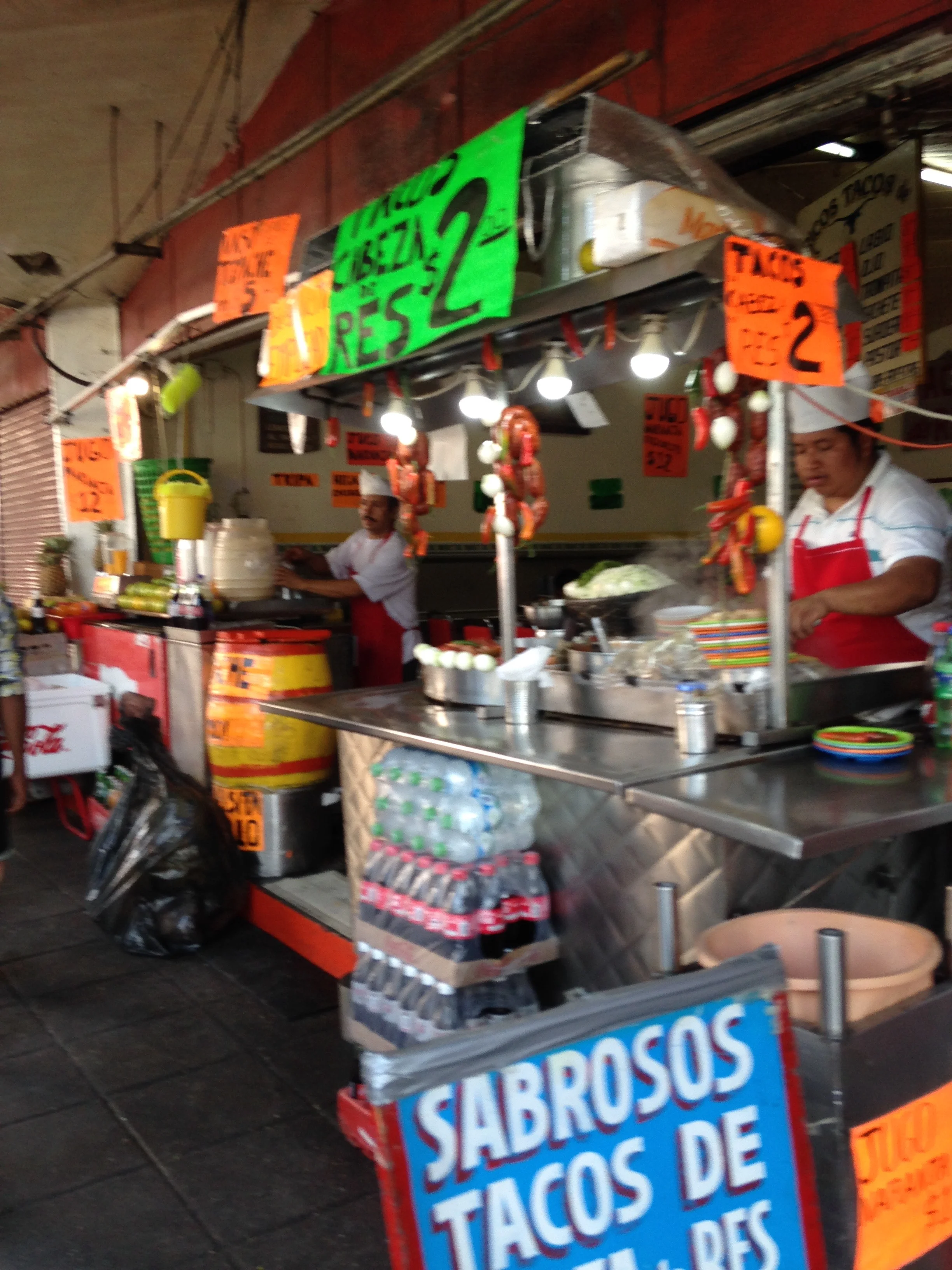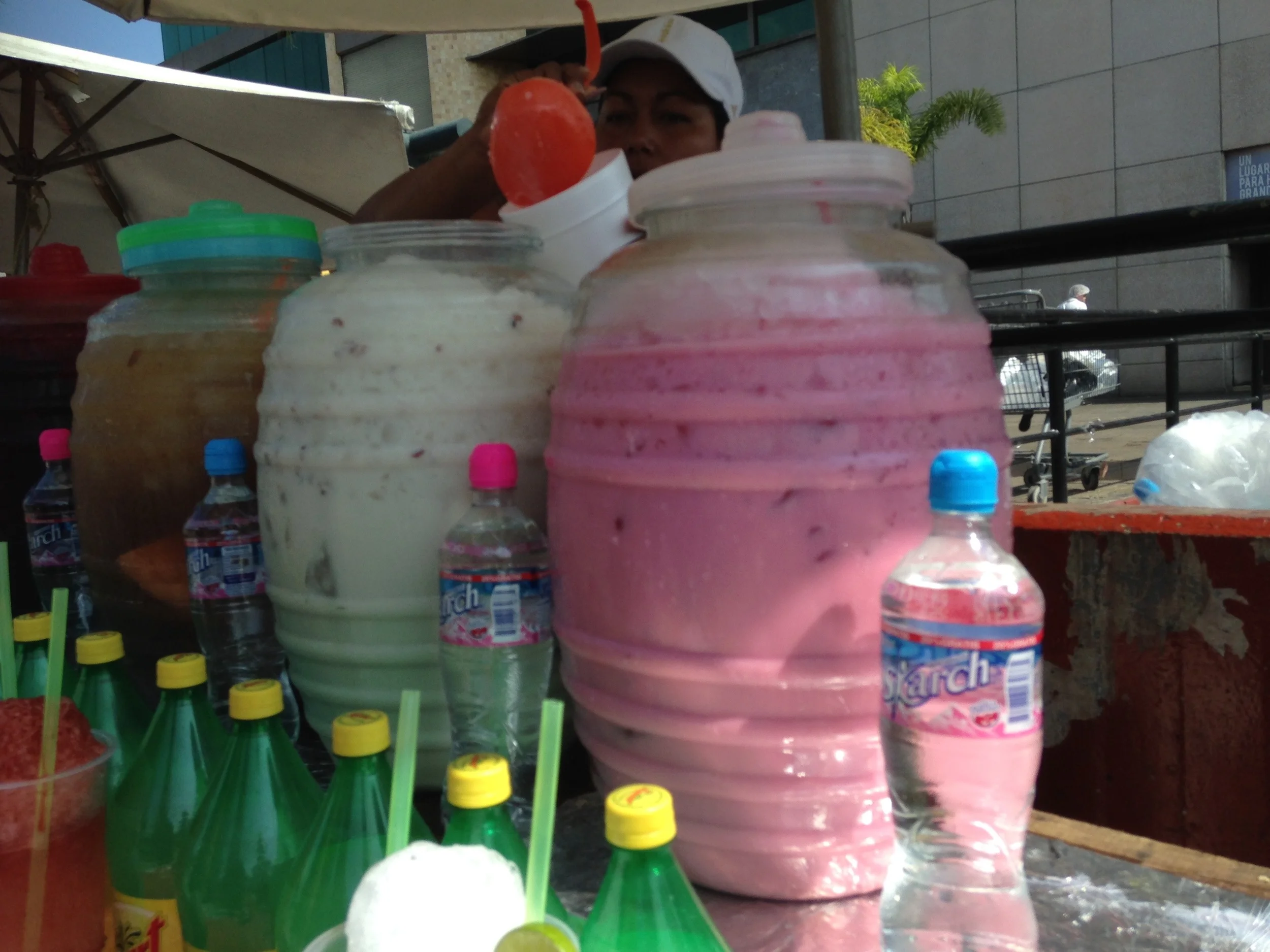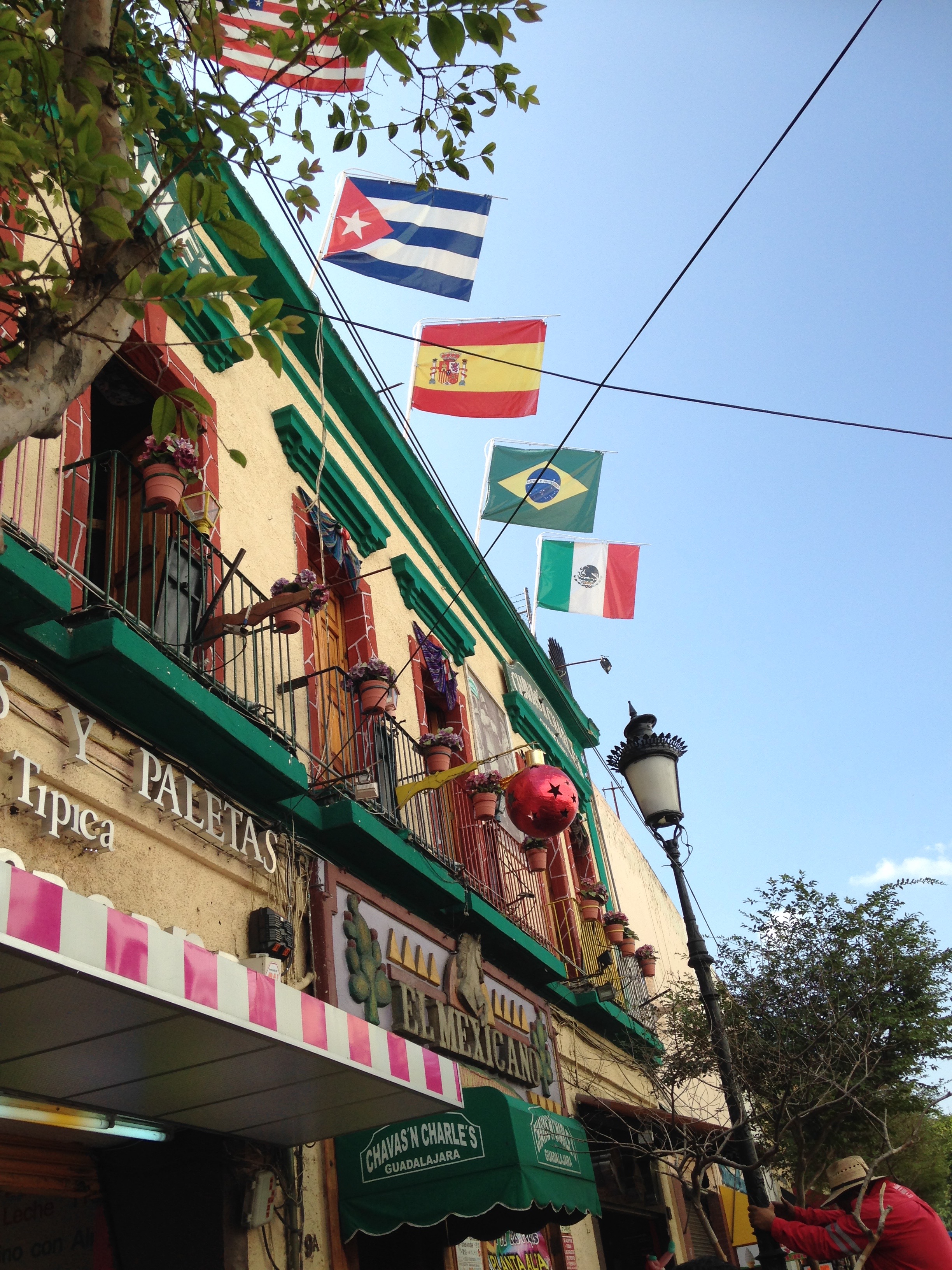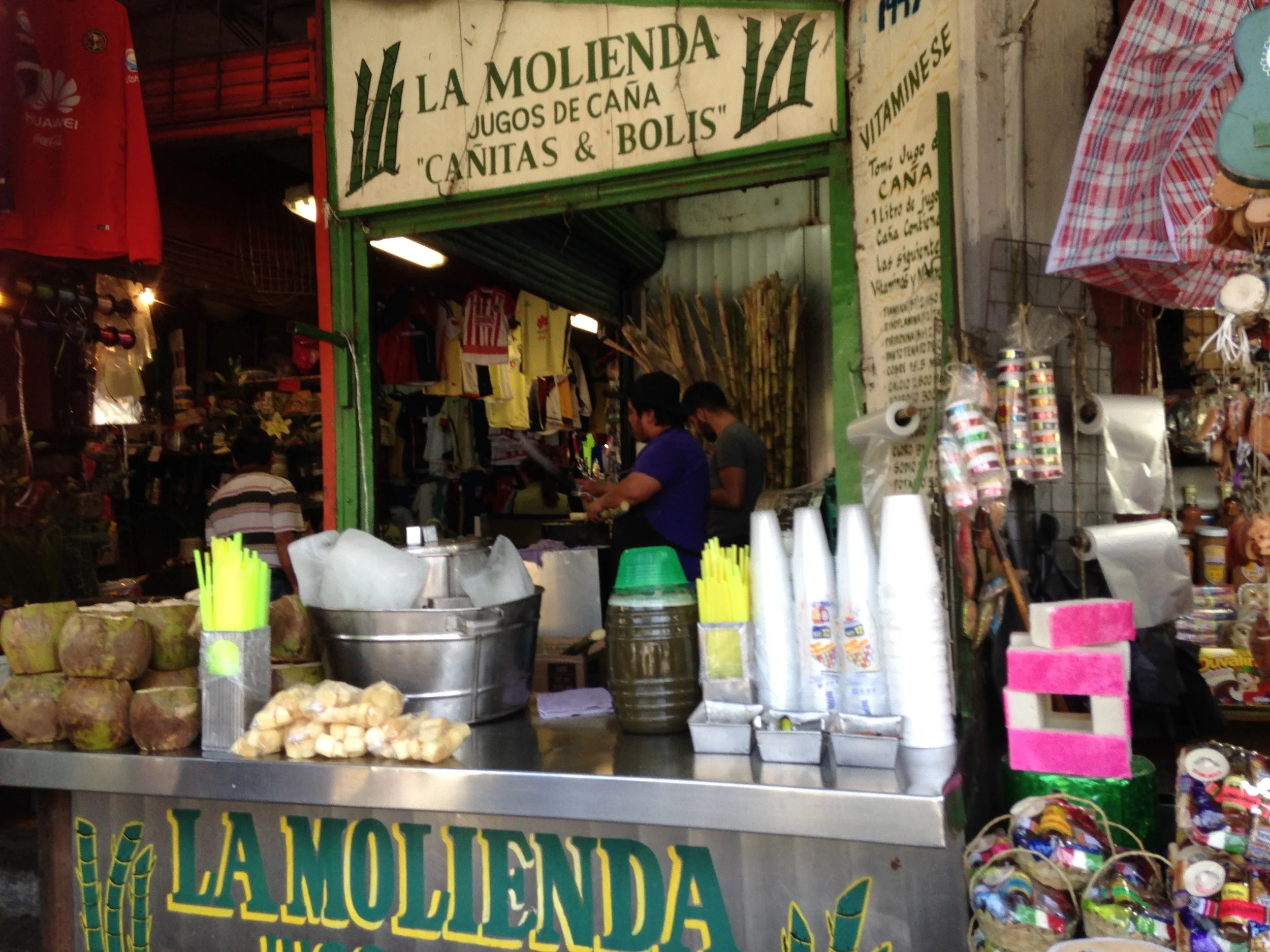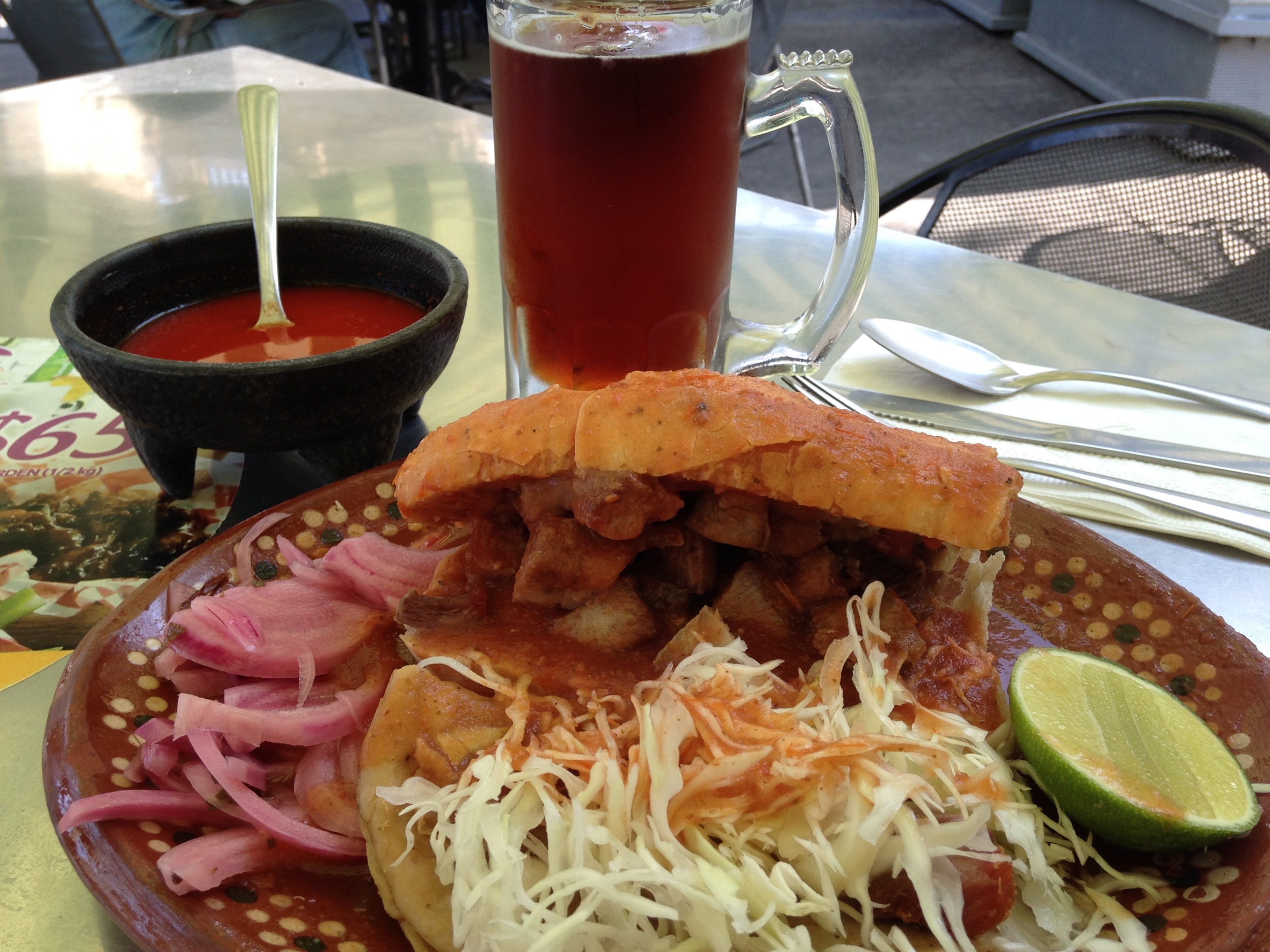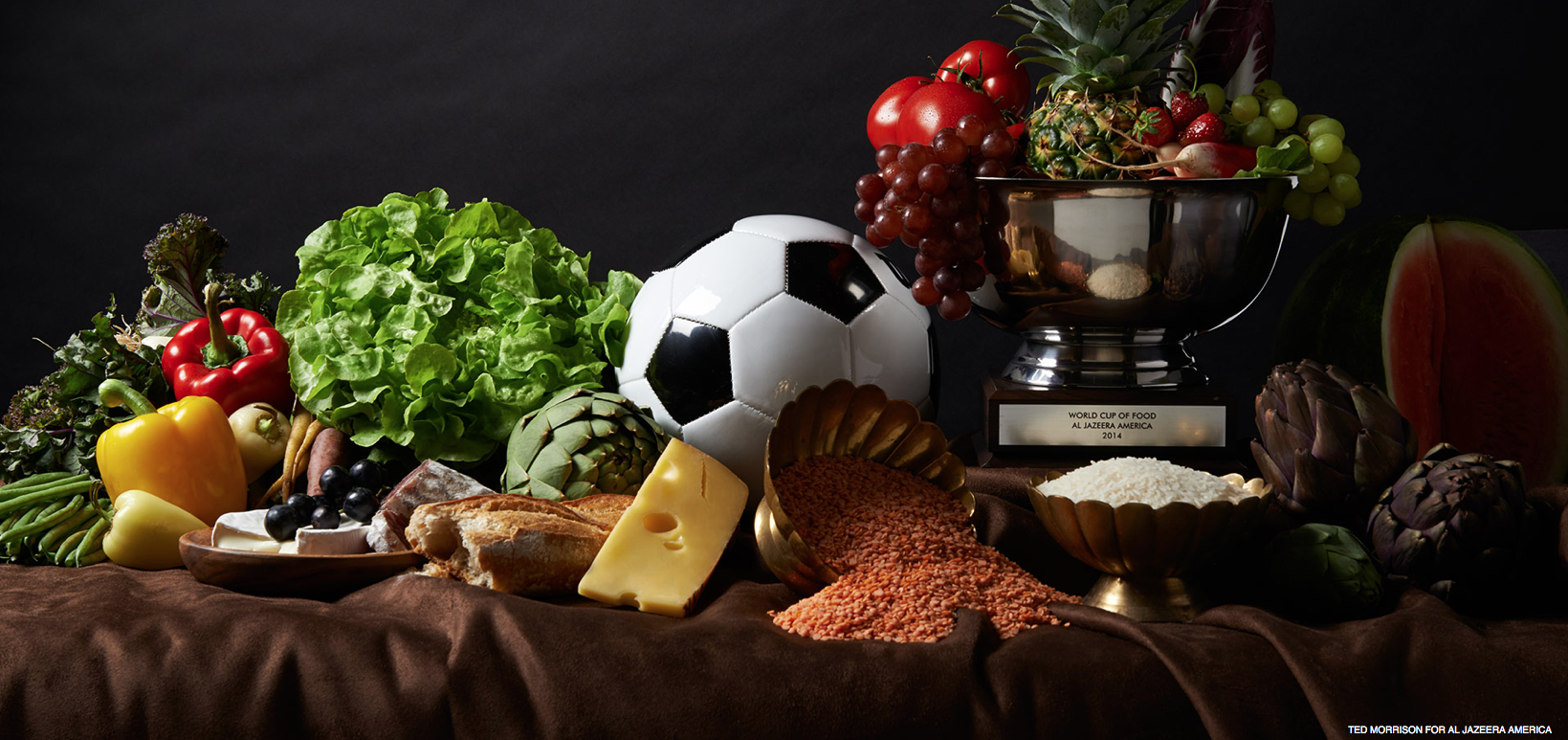favorite finds from the front lines of food
Happy Mother's Day weekend folks! Find you mom, a friend's mom or just a girlfriend and head out for brunch and/or cocktails! Seriously...it will be better than this Mother's Day gift from the Colonel. That's right, KFC has done it again. We have seen and documented the "Extra Crispy Sunscreen", the fried chicken room candle and now its the publication of "Tender Wings of Desire", a Colonel Sanders romance novel. Just in case you thought we were joking....here is what the cover looks like. (AdWeek)
We knew it! Cheese is not bad for you and we have the science to prove it!
The findings, from an international team of experts, contradict the view that dairy products can be harmful because of their high saturated fat content. The experts dismiss that fear as “a misconception [and] mistaken belief”. (Guardian)
So if a daily dose of cheese and exercises is the order of the day, one can always try their hand at Stilton Cheese rolling. That's right, cheese rolling. Every year, in May, people congregate in the village of Stilton to watch teams made up of 4 persons roll a whole stilton down the street. Each team member must "roll" the cheese during the course. You know what, just watch the video! (BBC)
Earlier this past April, the Aquarium of the Pacific came out with a short film about perspectives on the state of California Aquaculture. It features prominent scientists and experts on the topic of marine aquaculture in California and the U.S. In this film the experts discuss marine aquaculture’s role in the global food supply and as a conservation tool, the state of domestic marine aquaculture, and the future of marine aquaculture in the U.S. and California. Experts featured are:
- Steven D. Gaines, PhD, Bren School of Environmental Science and Management
- Peter Kareiva, PhD, UCLA Institute of the Environment and Sustainability
- Don Kent, Hubbs SeaWorld Research Institute
- Sam King, King’s Seafood Company
- Paul Olin, PhD, California Sea Grant, Scripps Institution of Oceanography
- Michael B. Rust, PhD, NOAA Fisheries Office of Aquaculture
- Christy Walton, Cuna Del Mar
And last but not least, don't become an avocado statistic! Stay safe out there folks. (Munchies)






